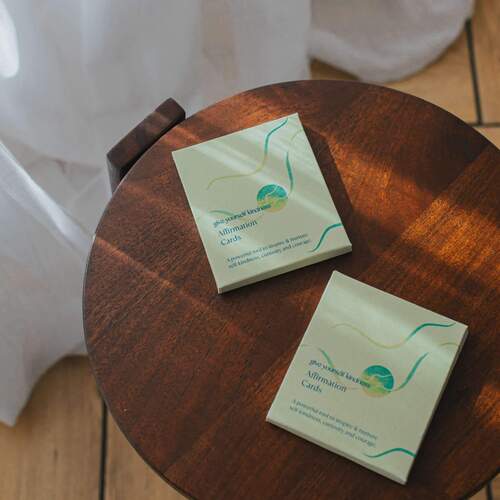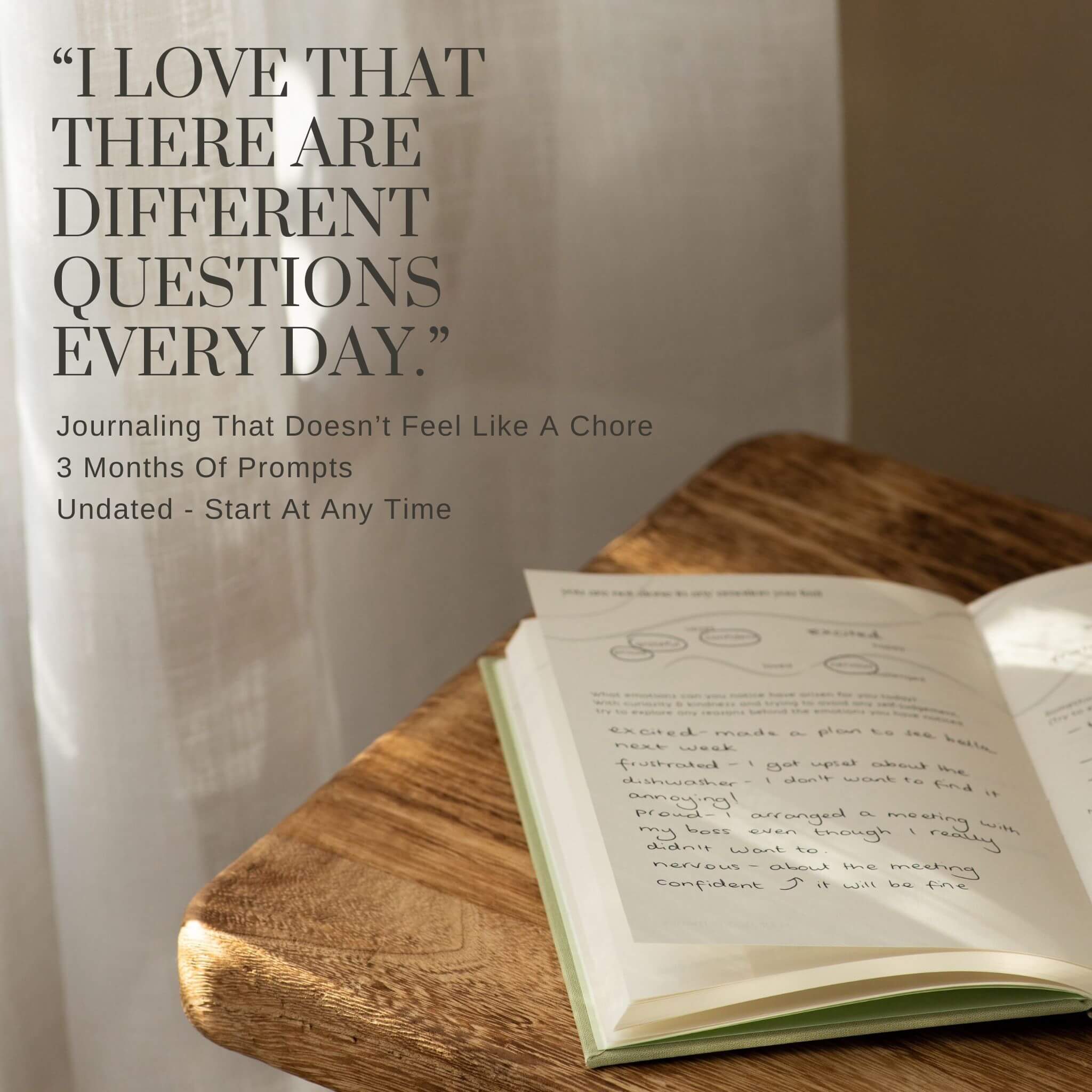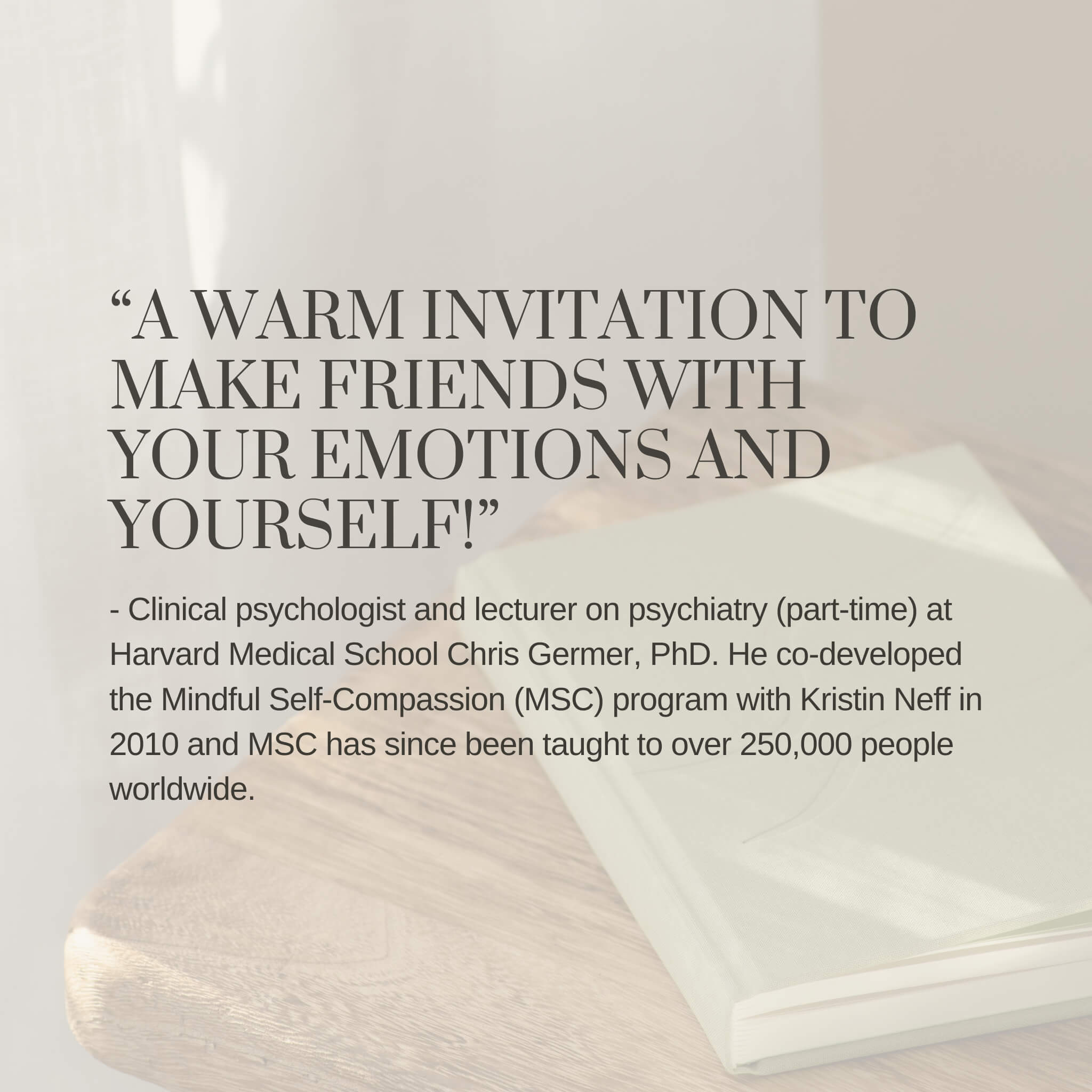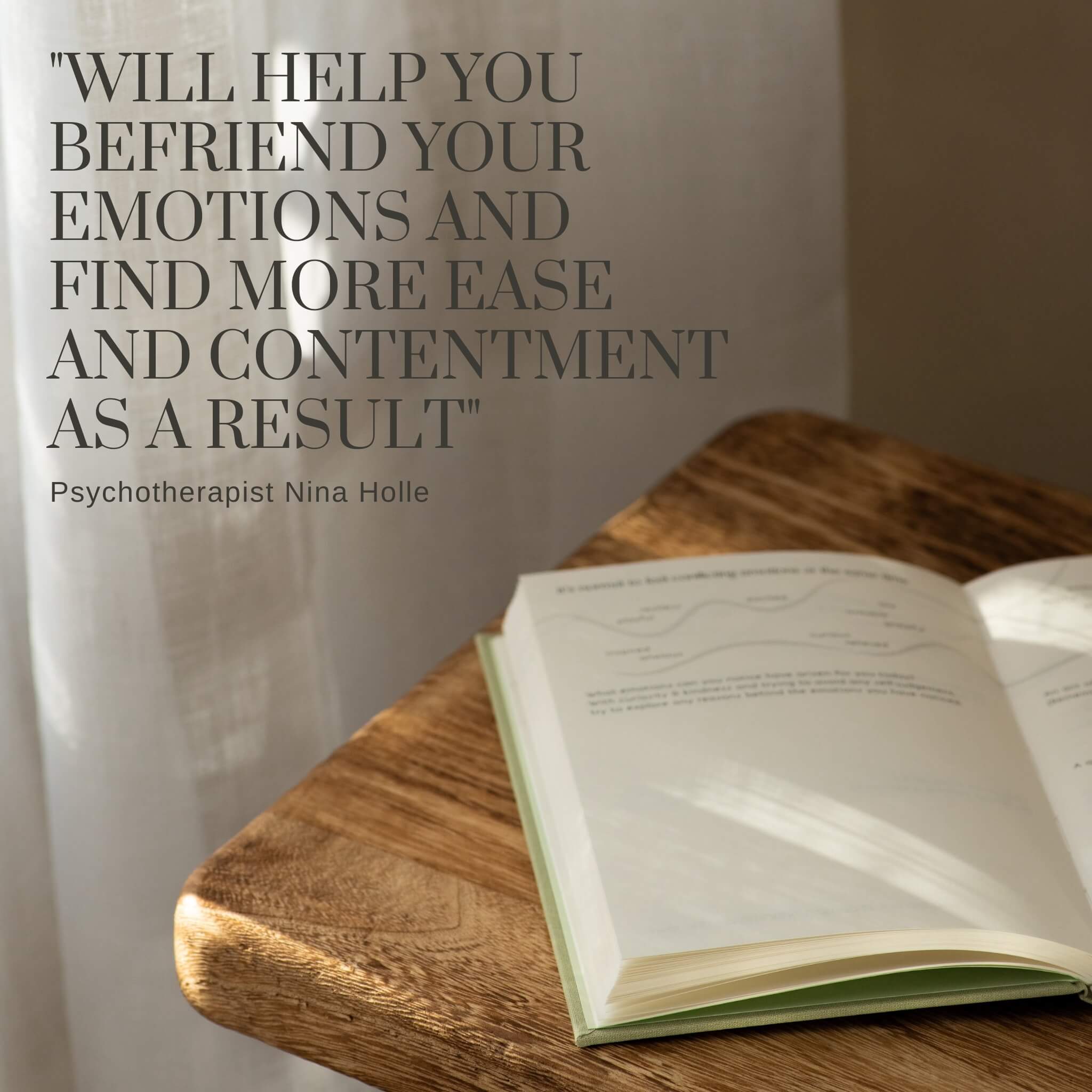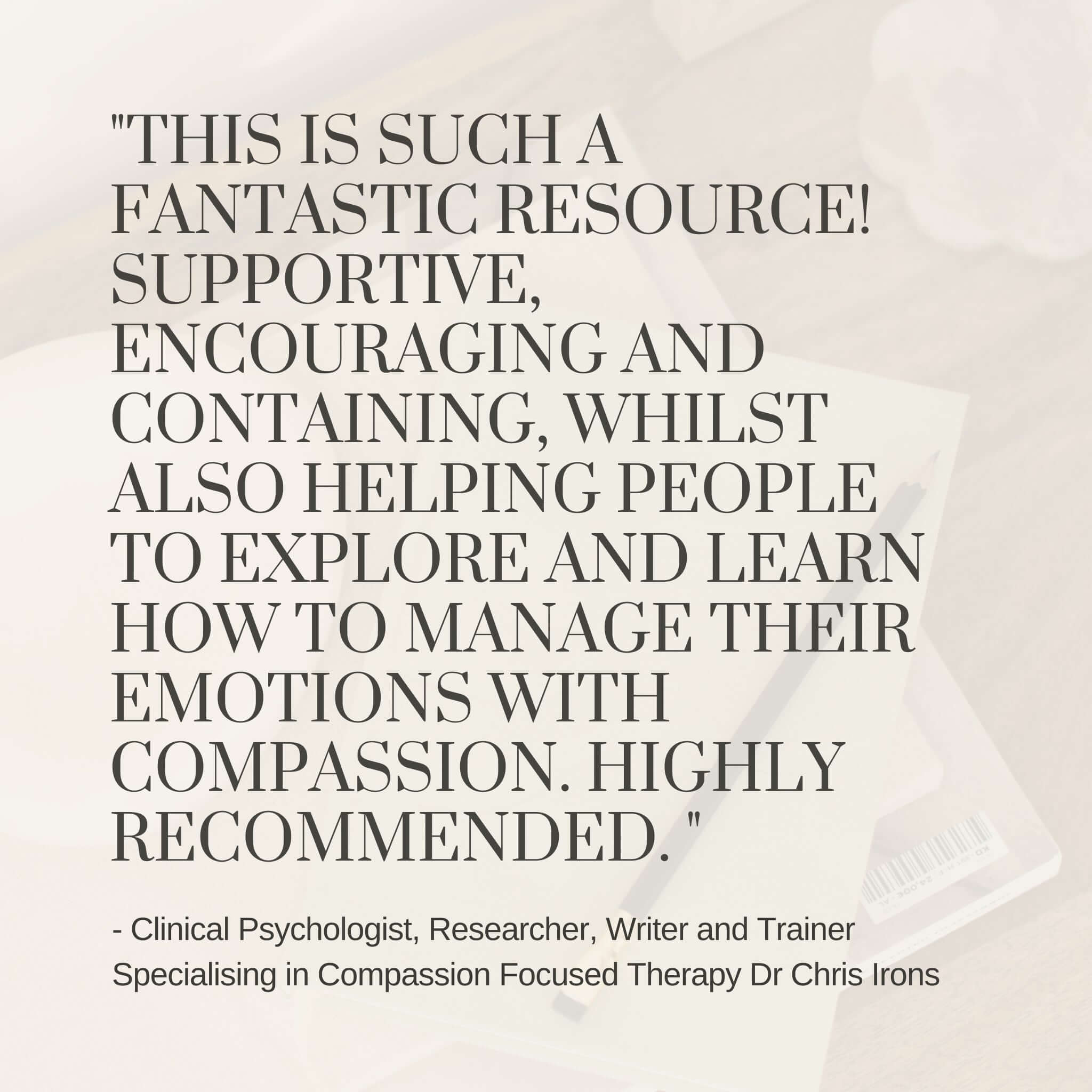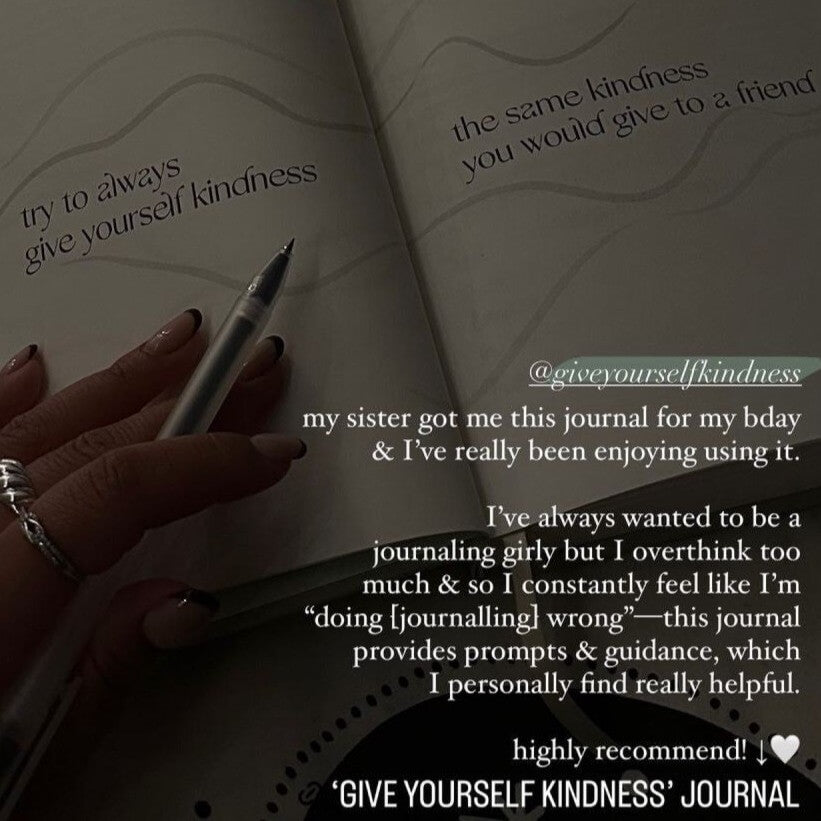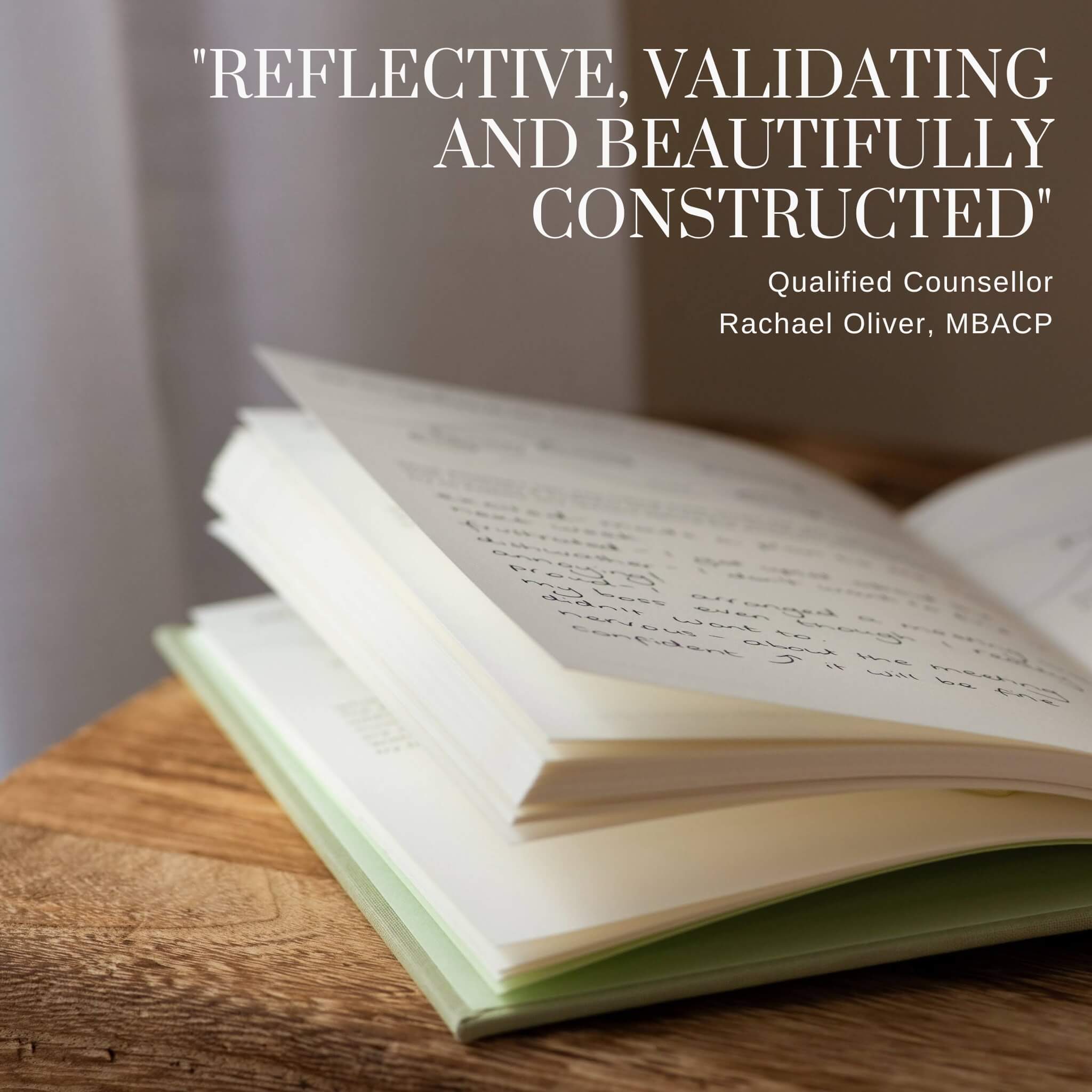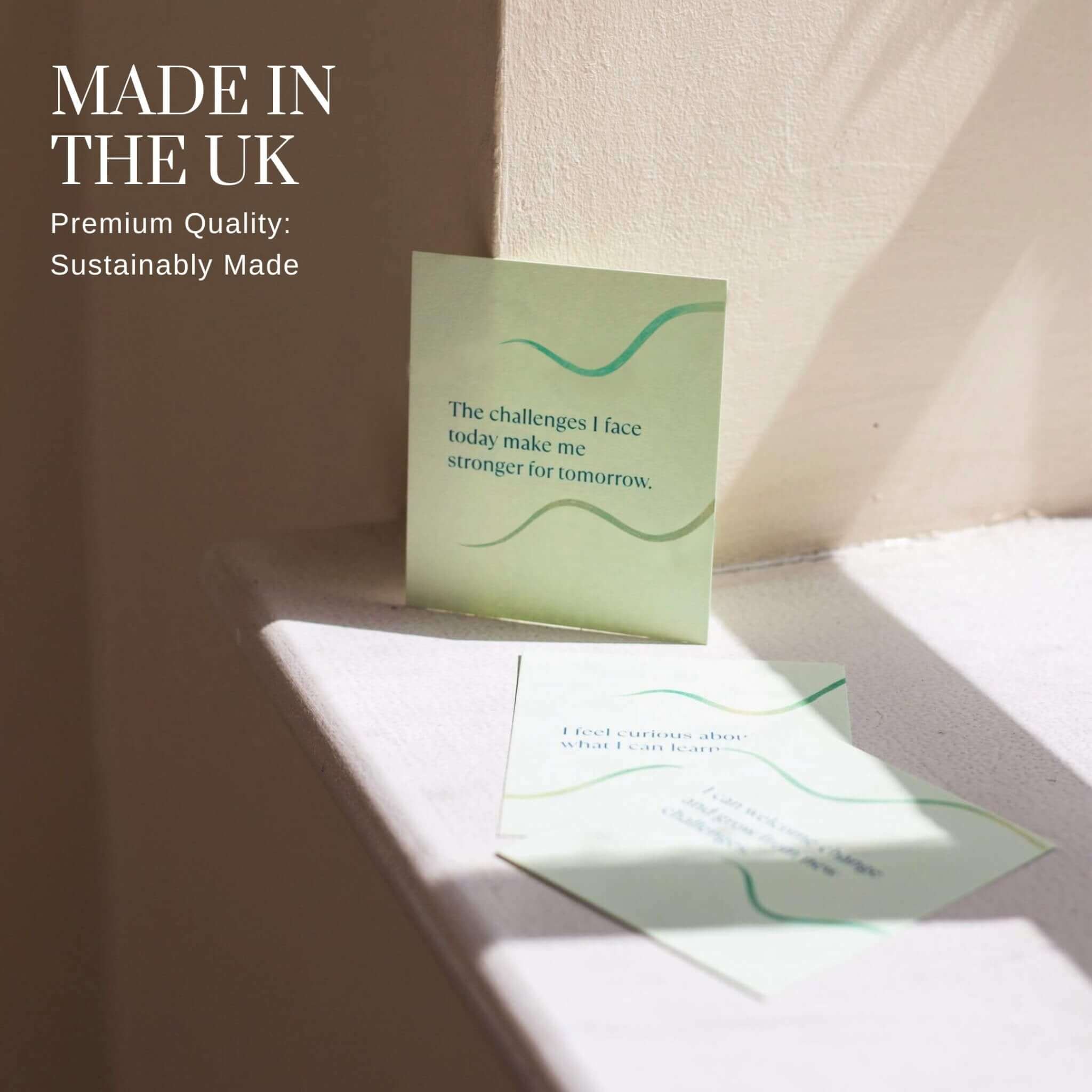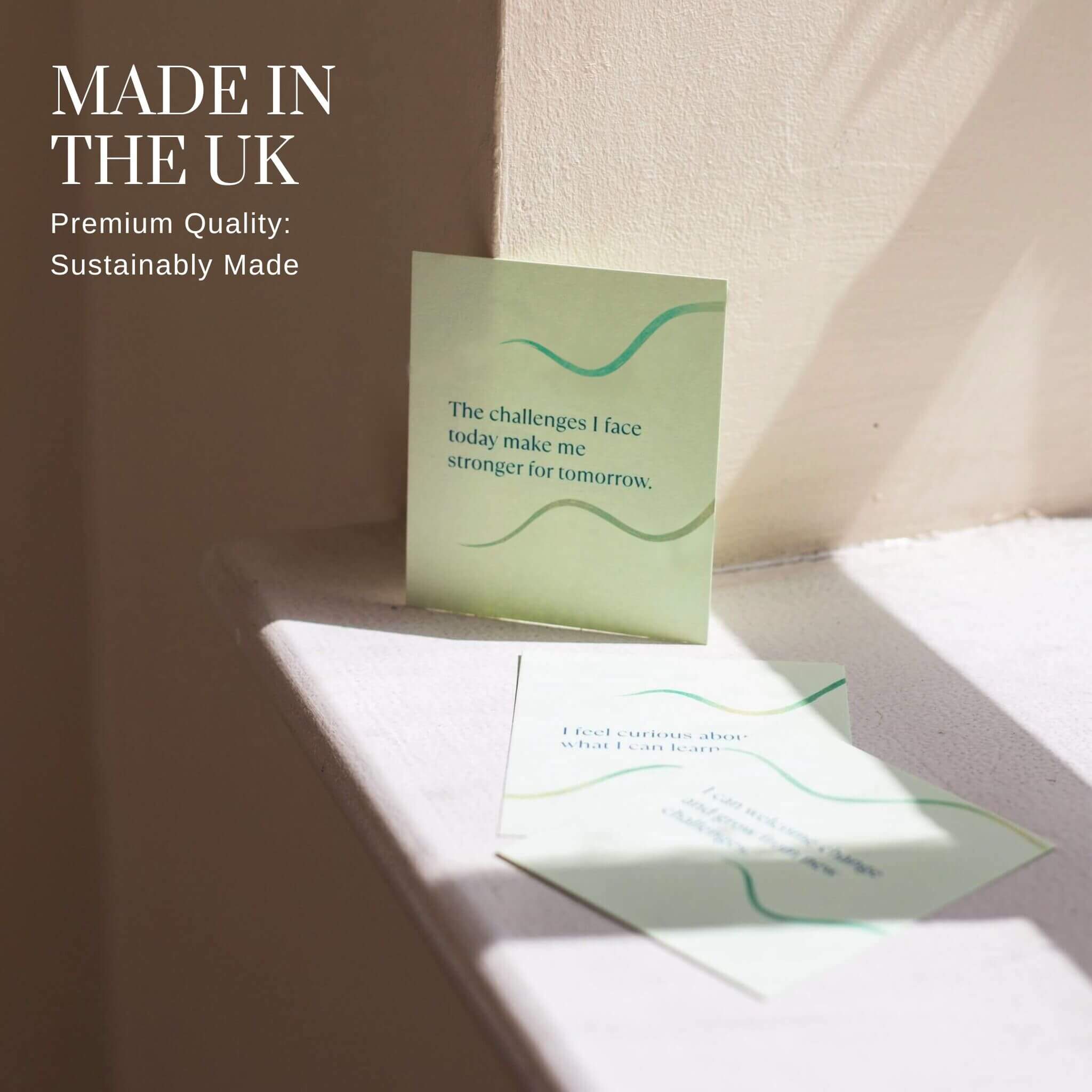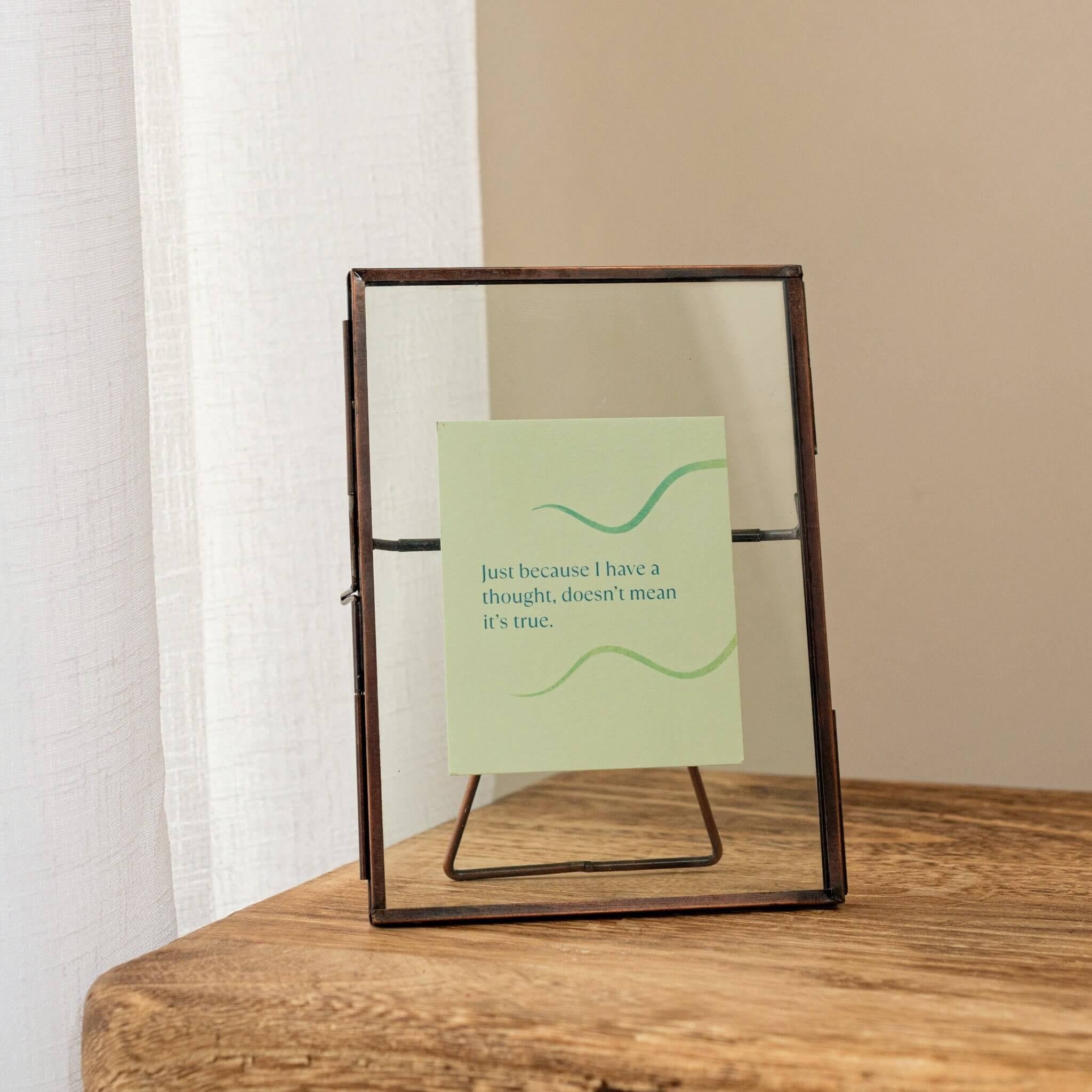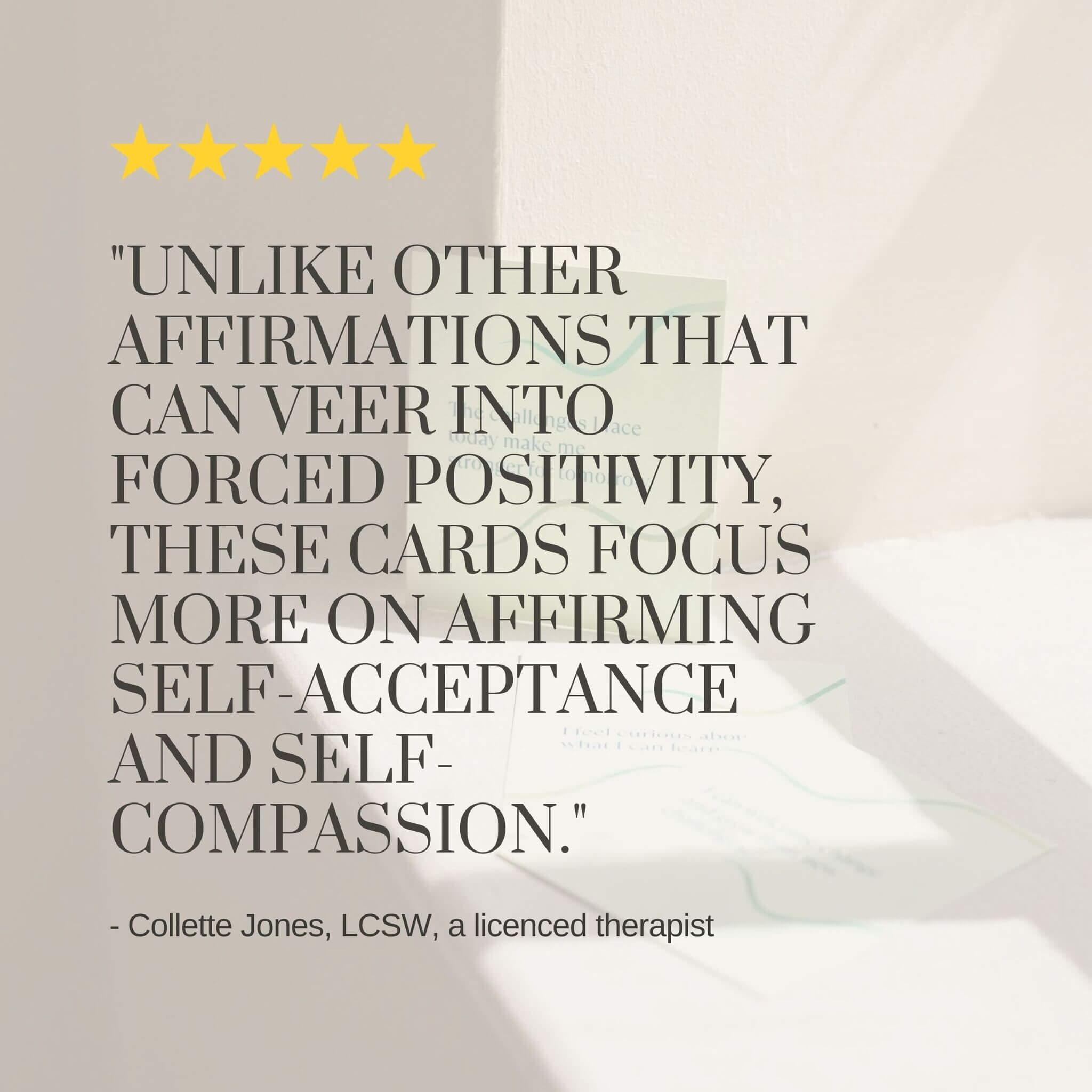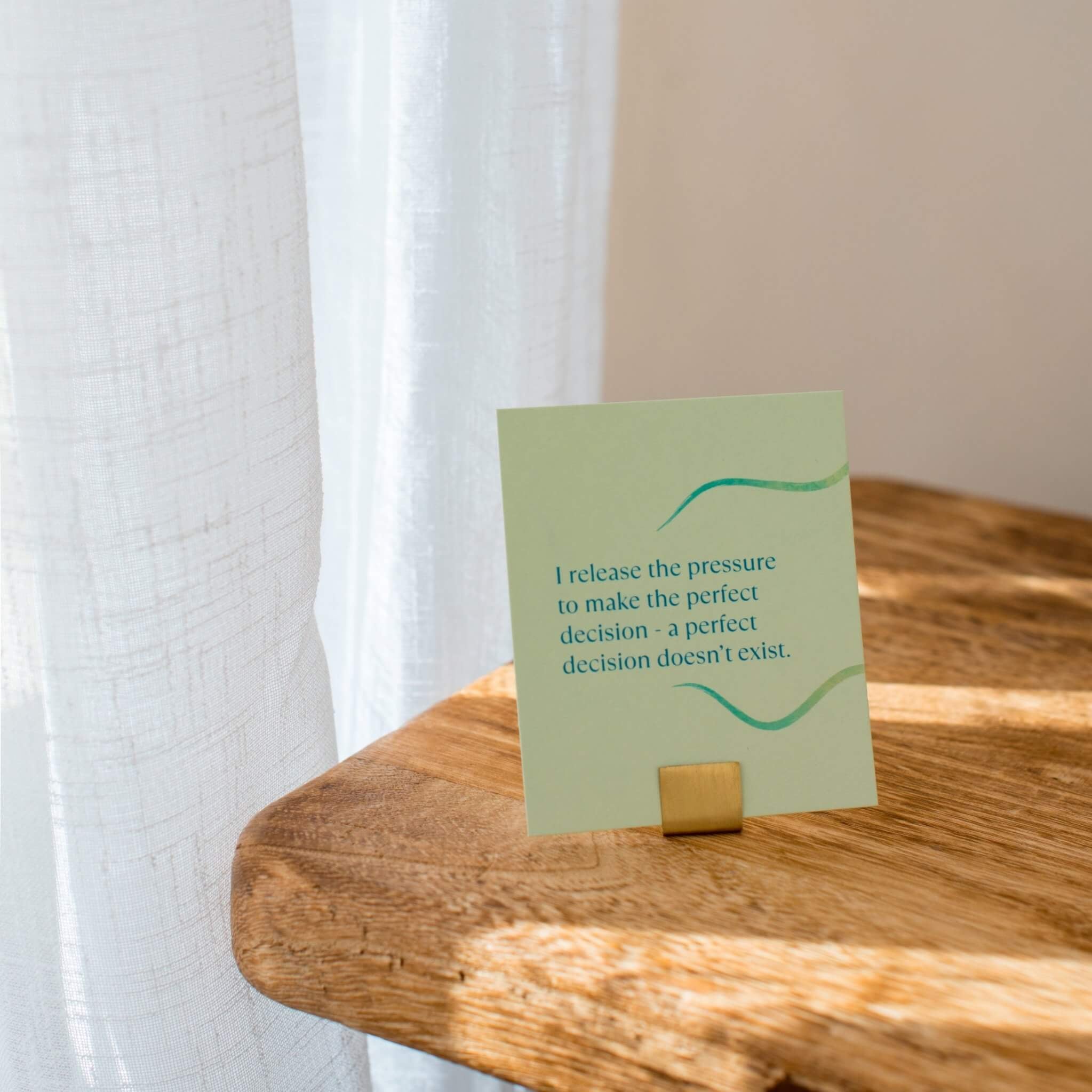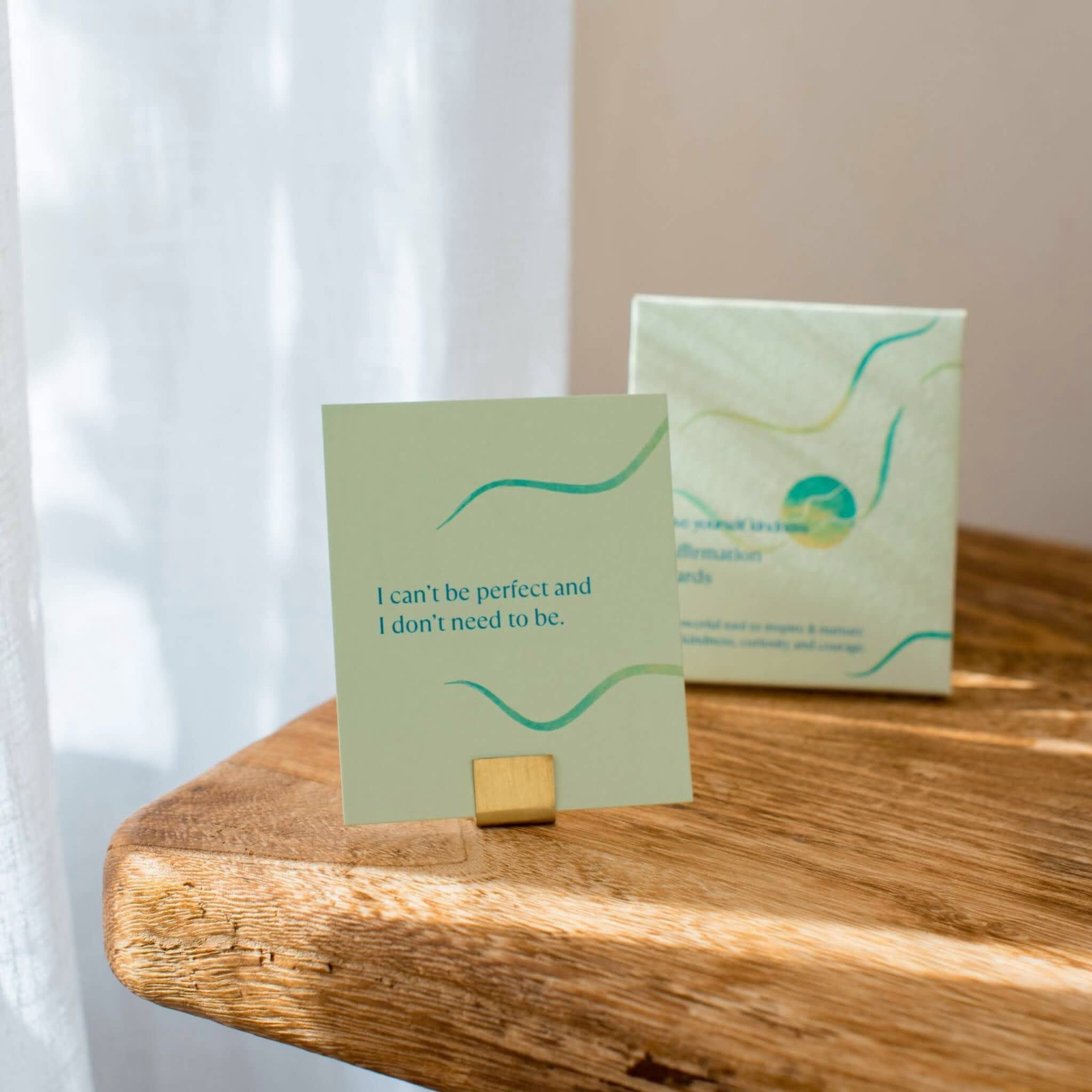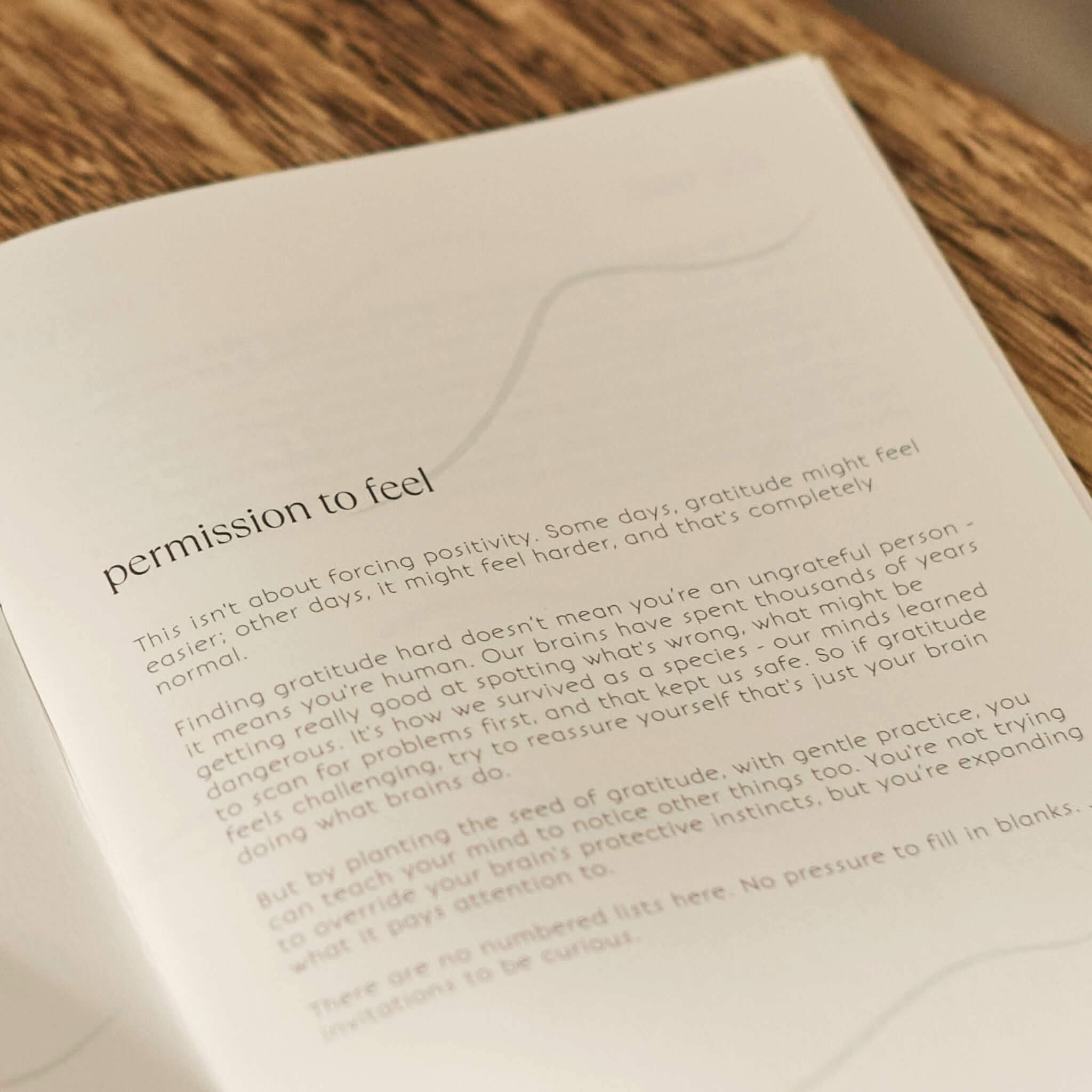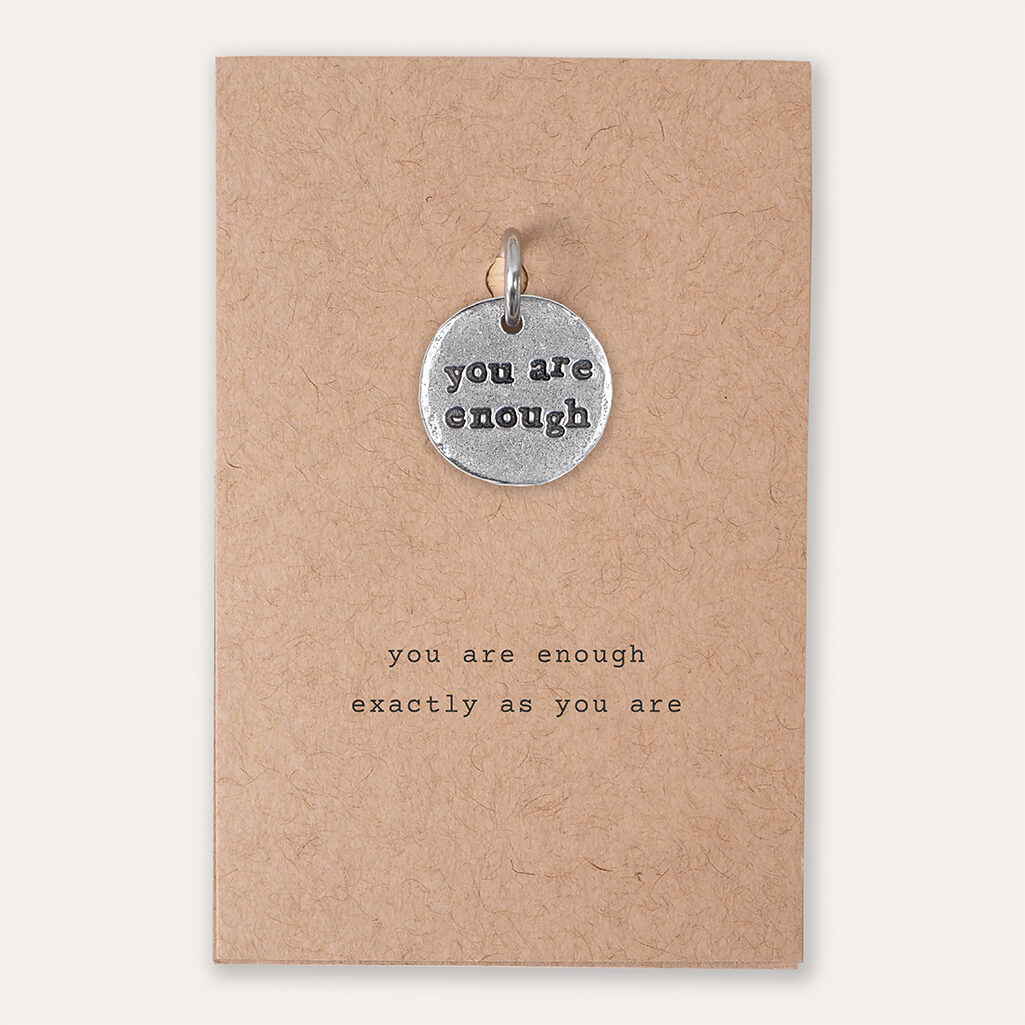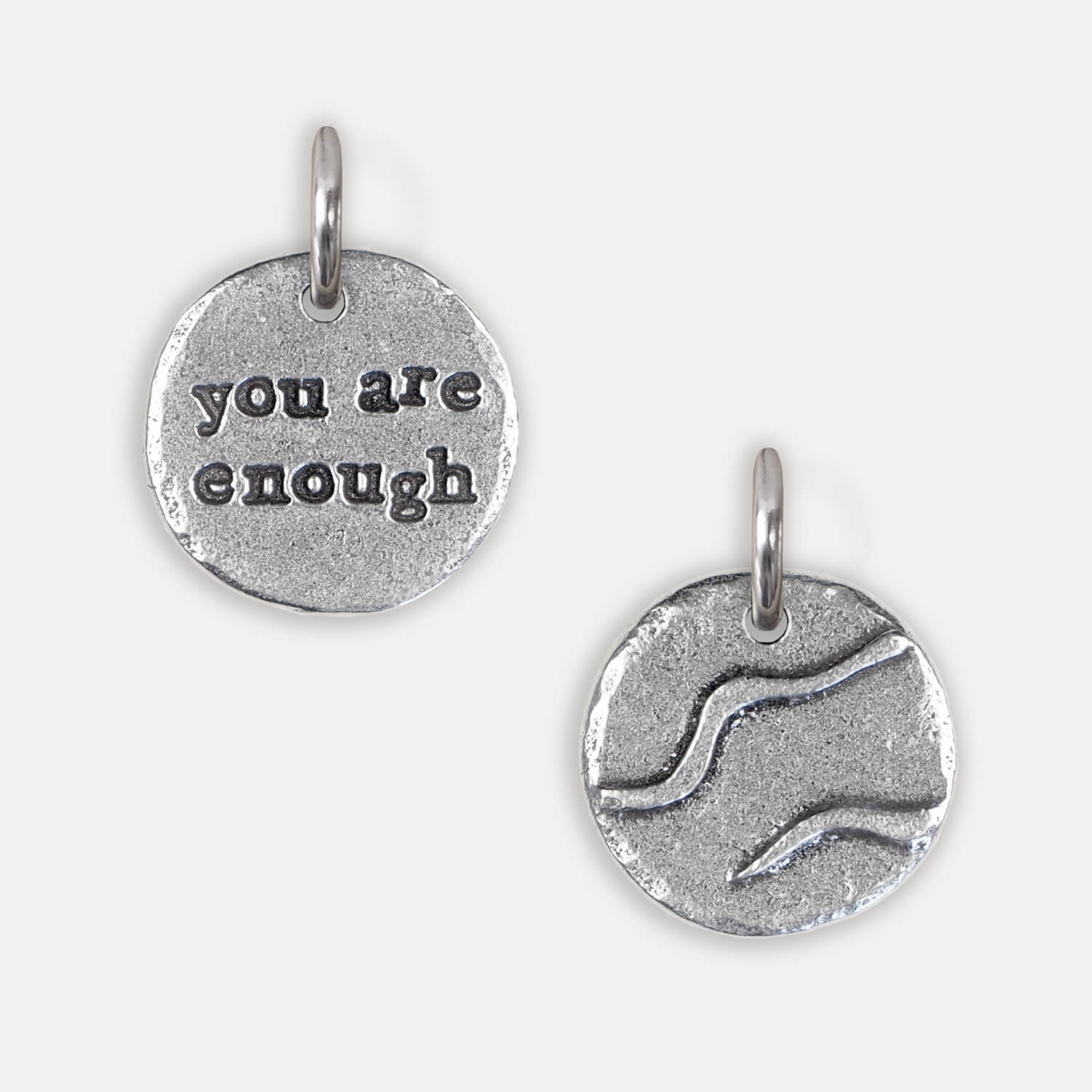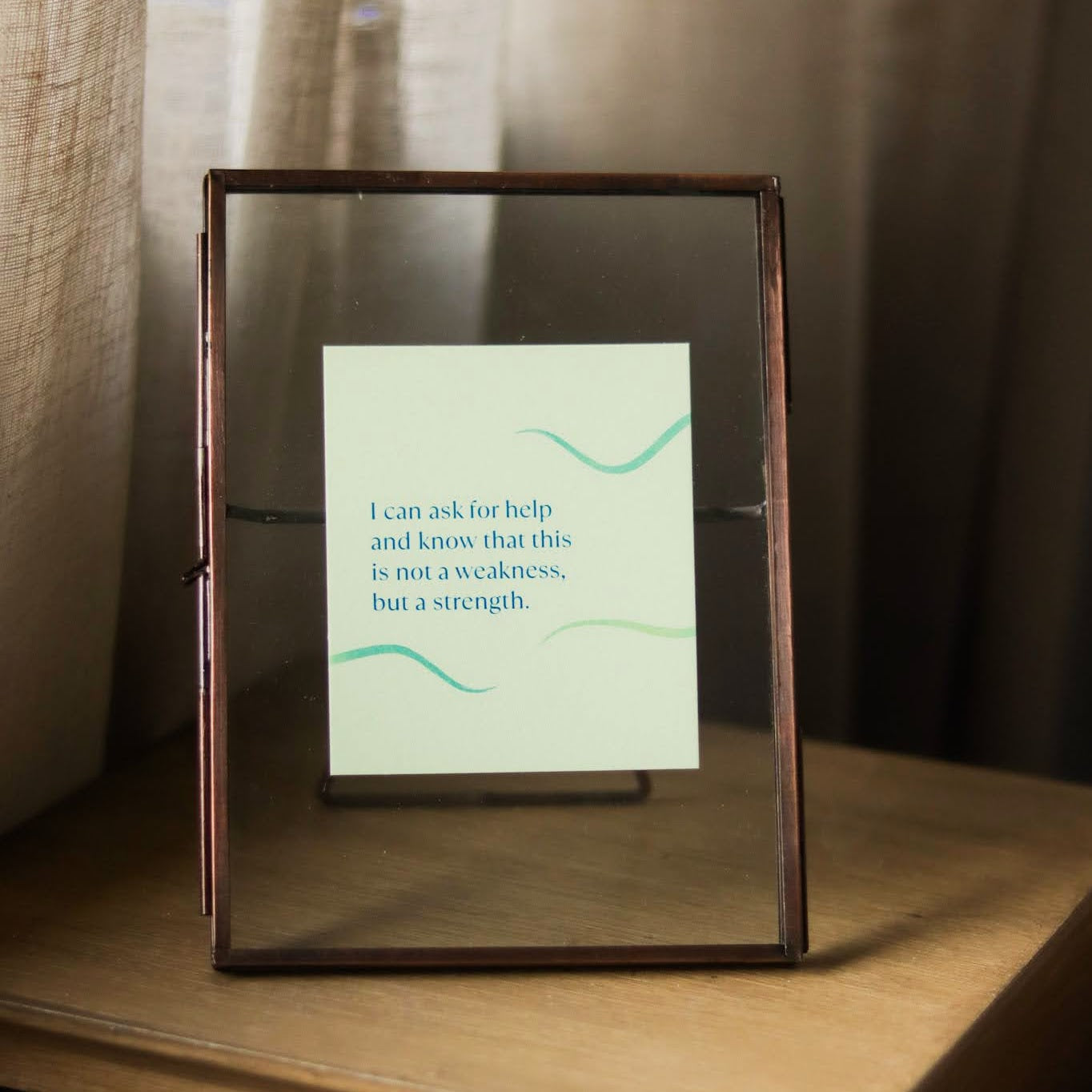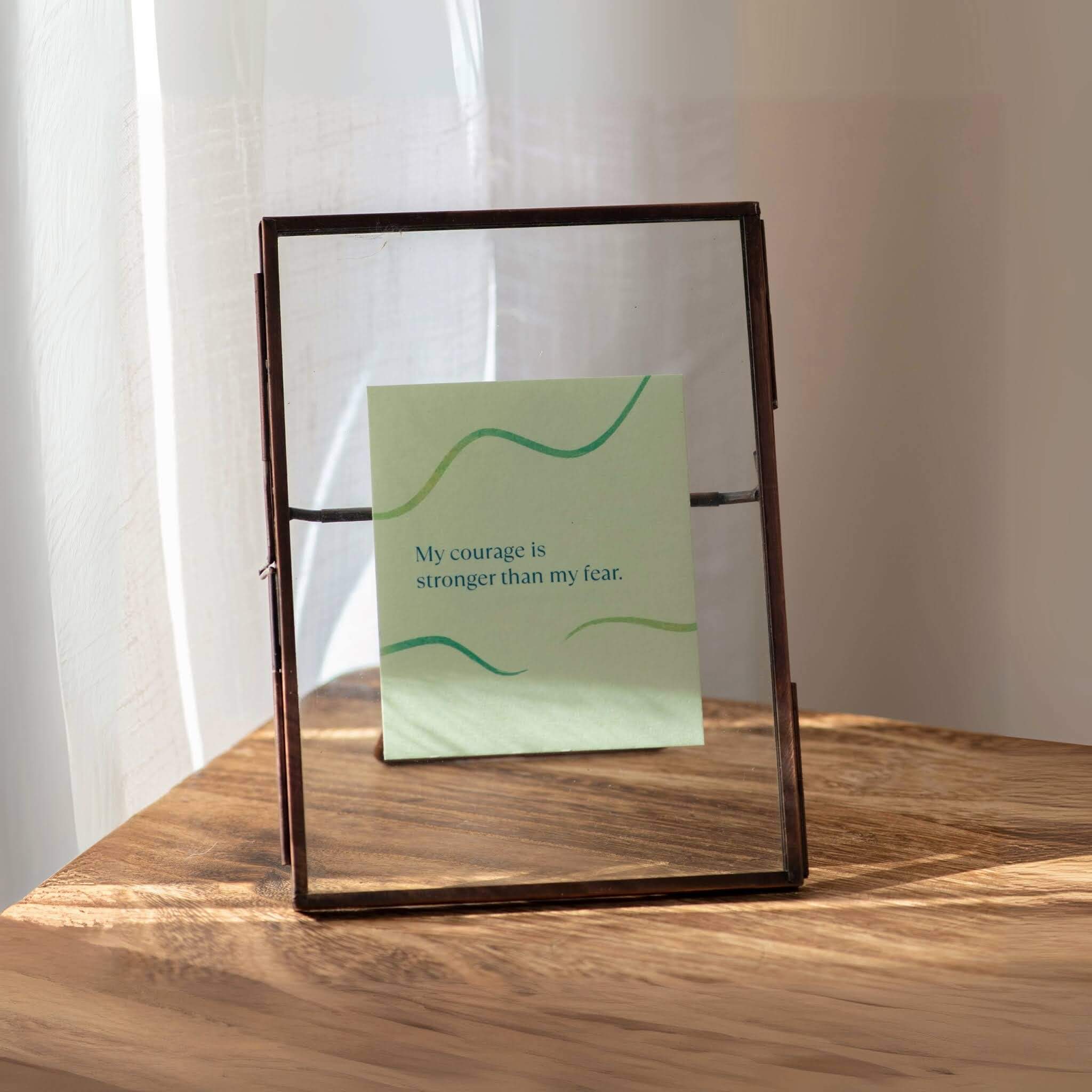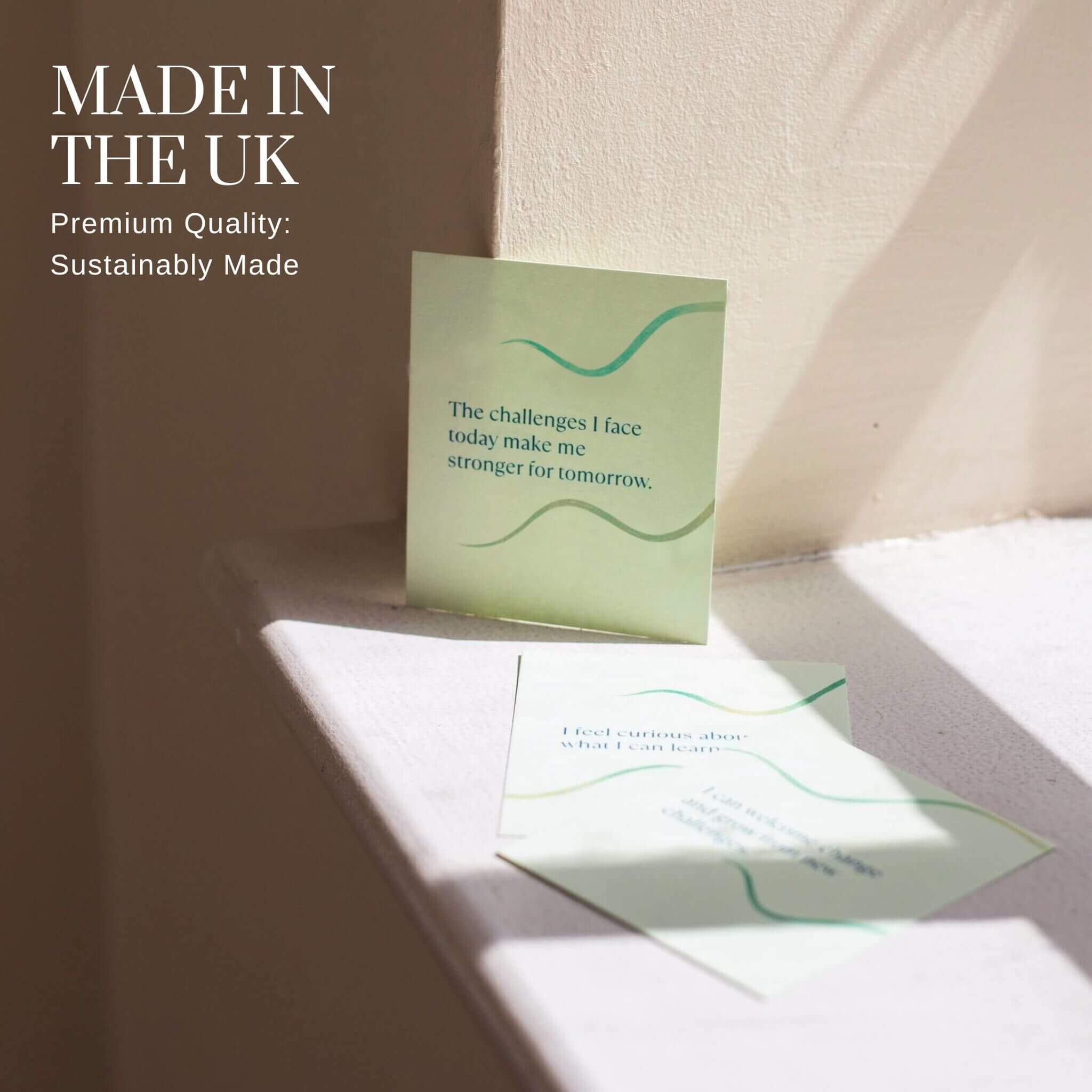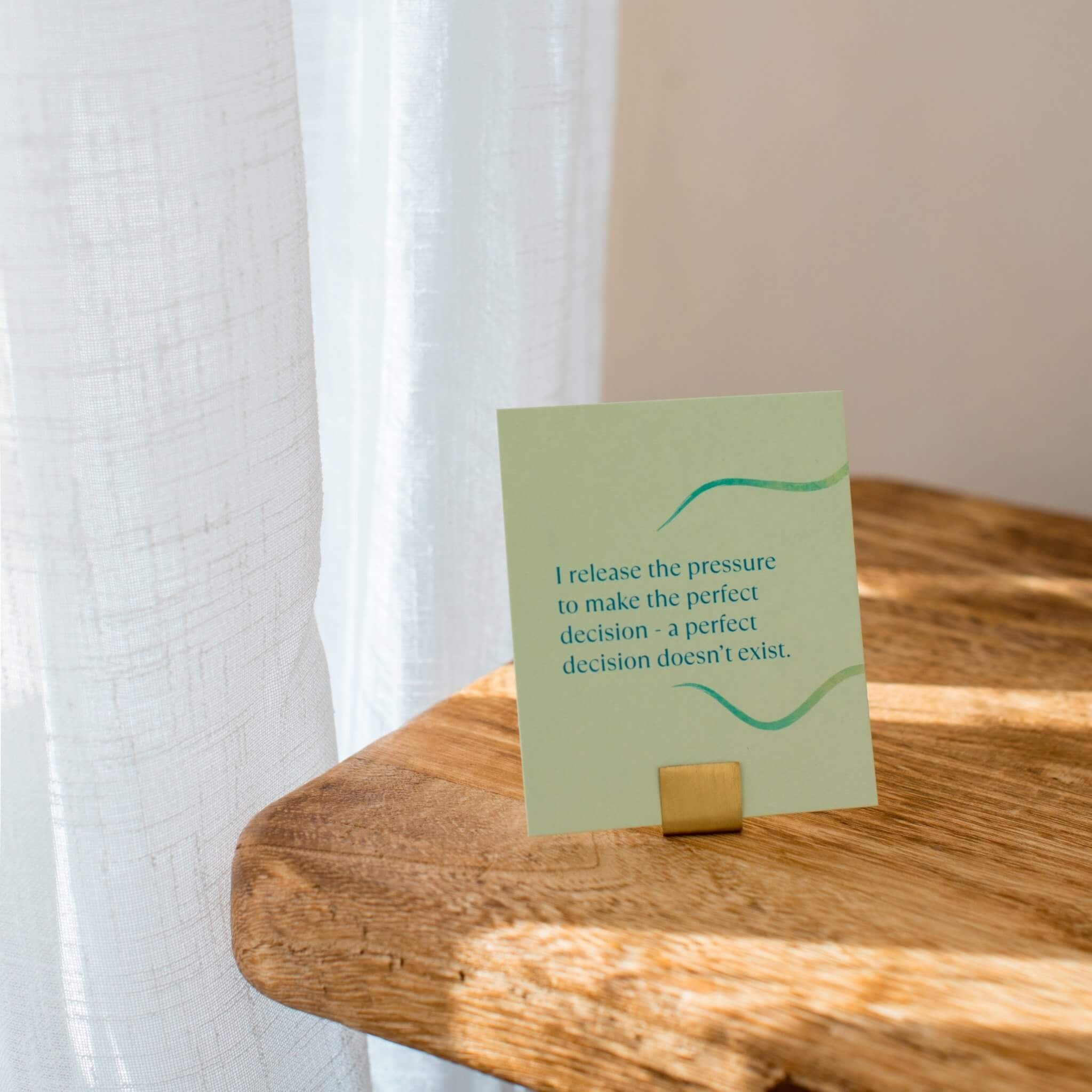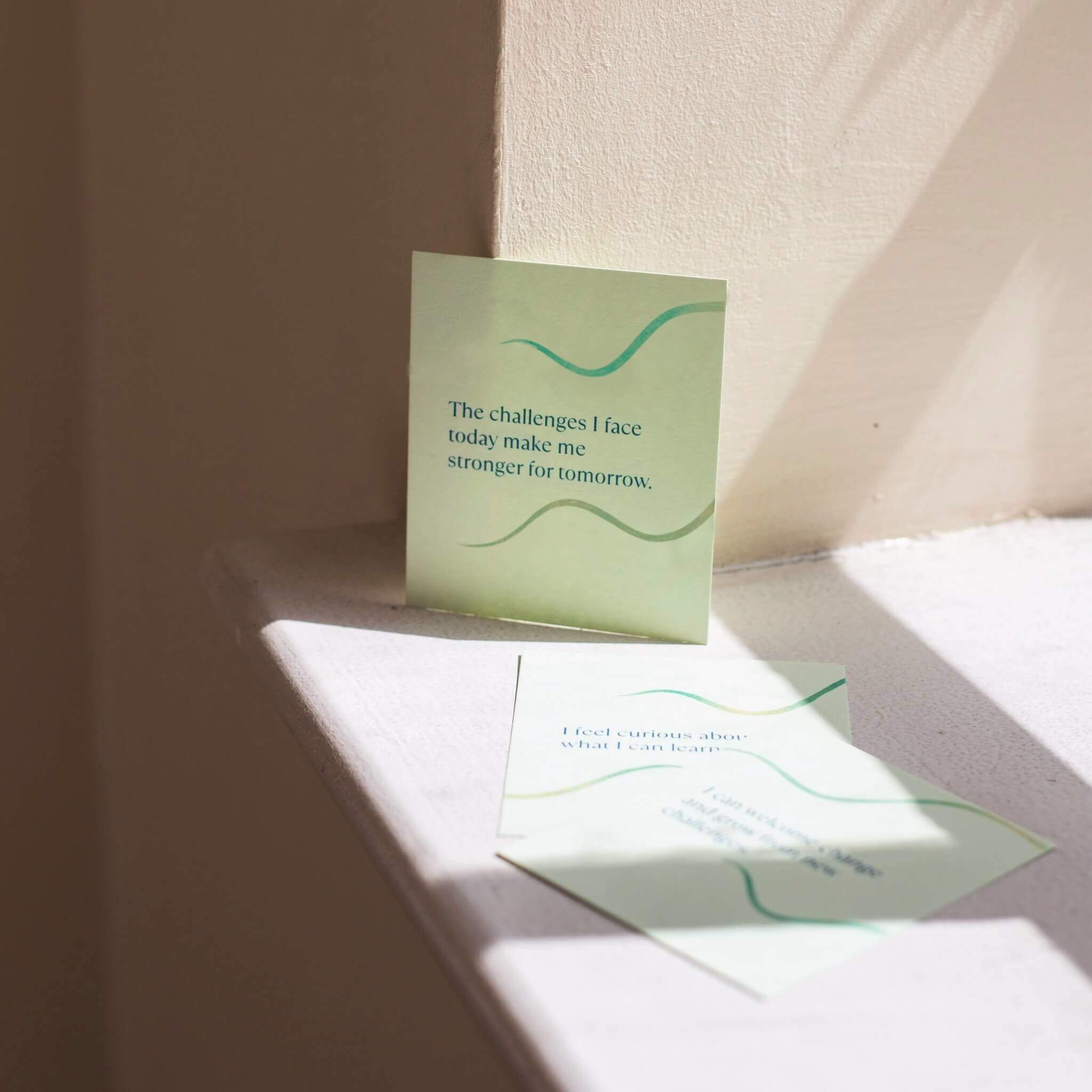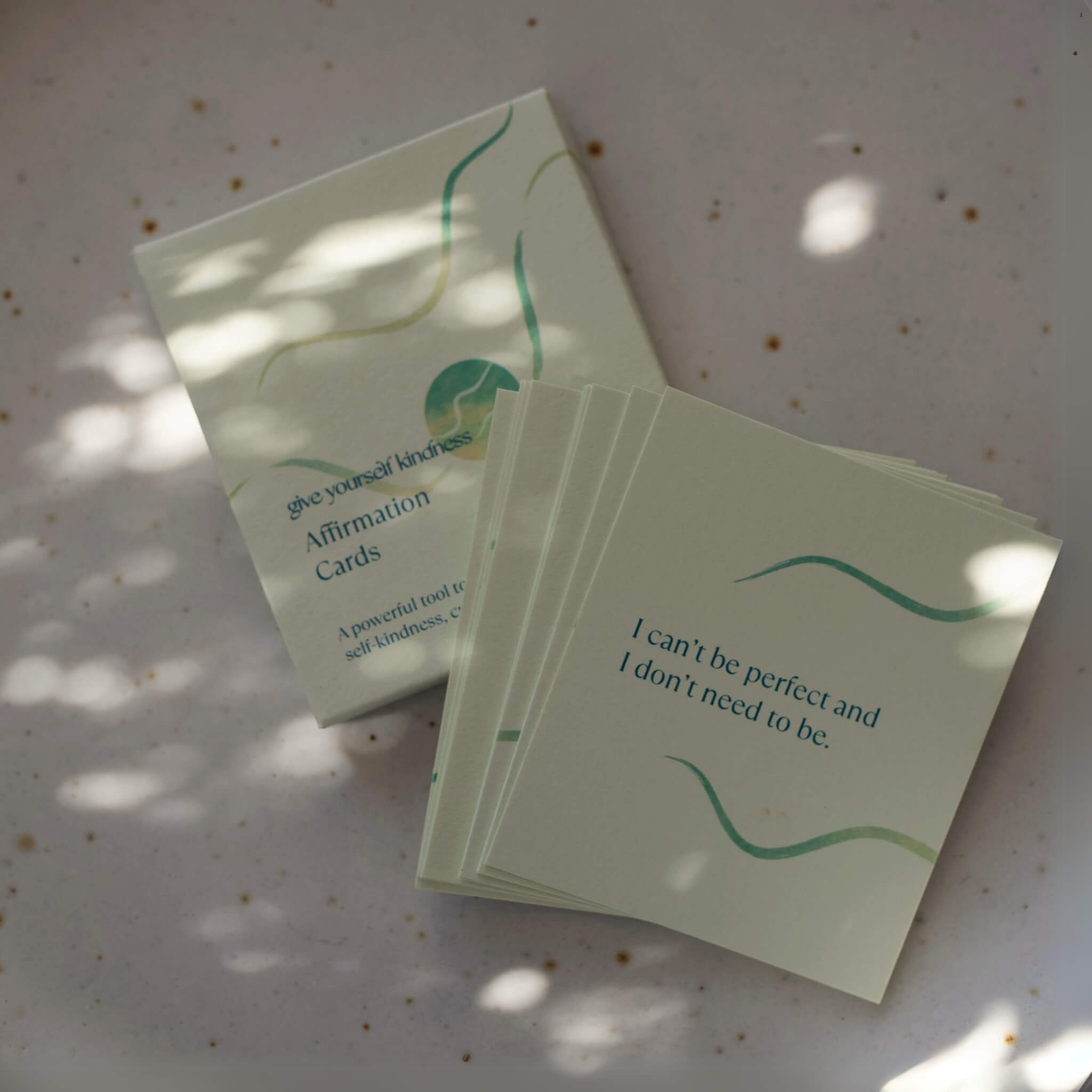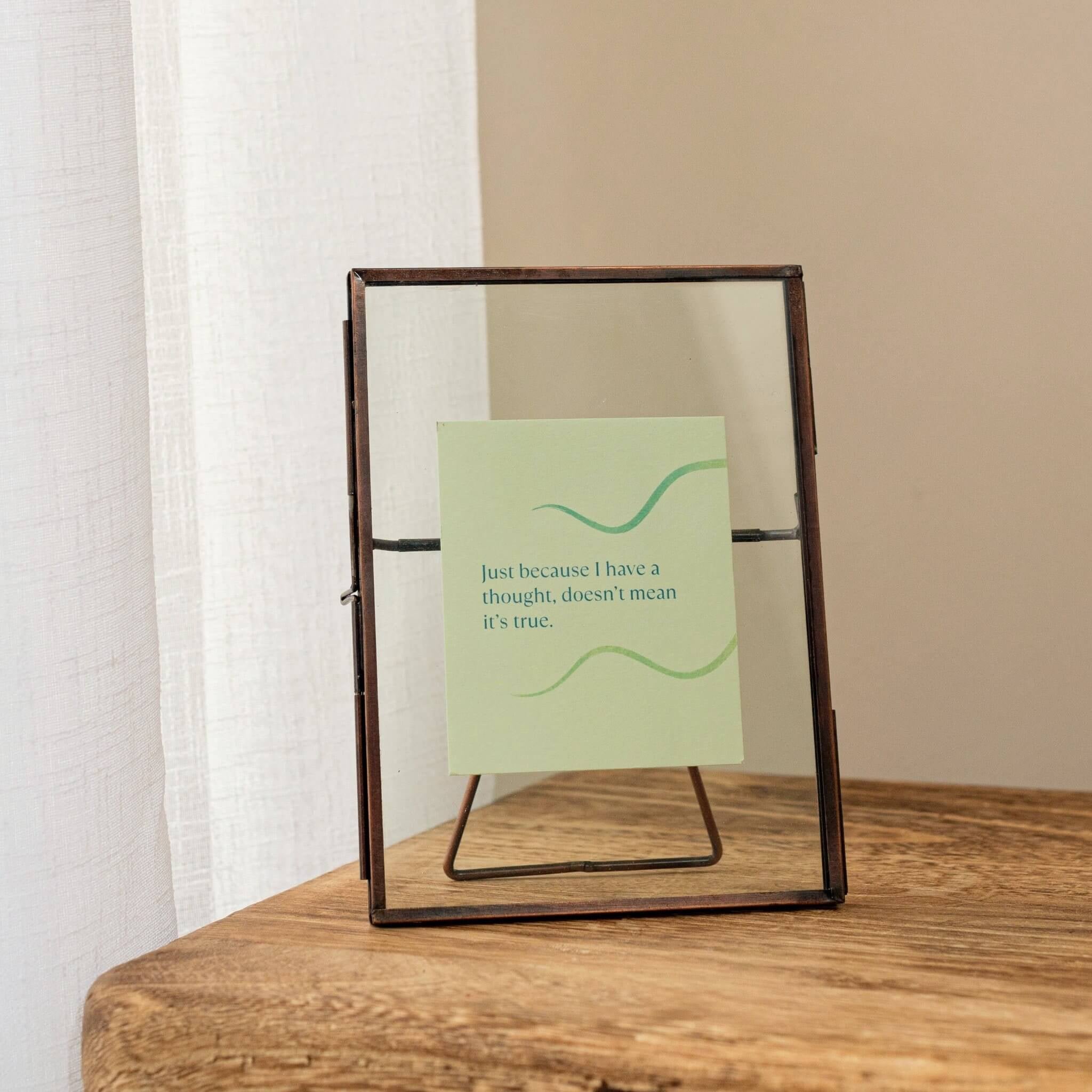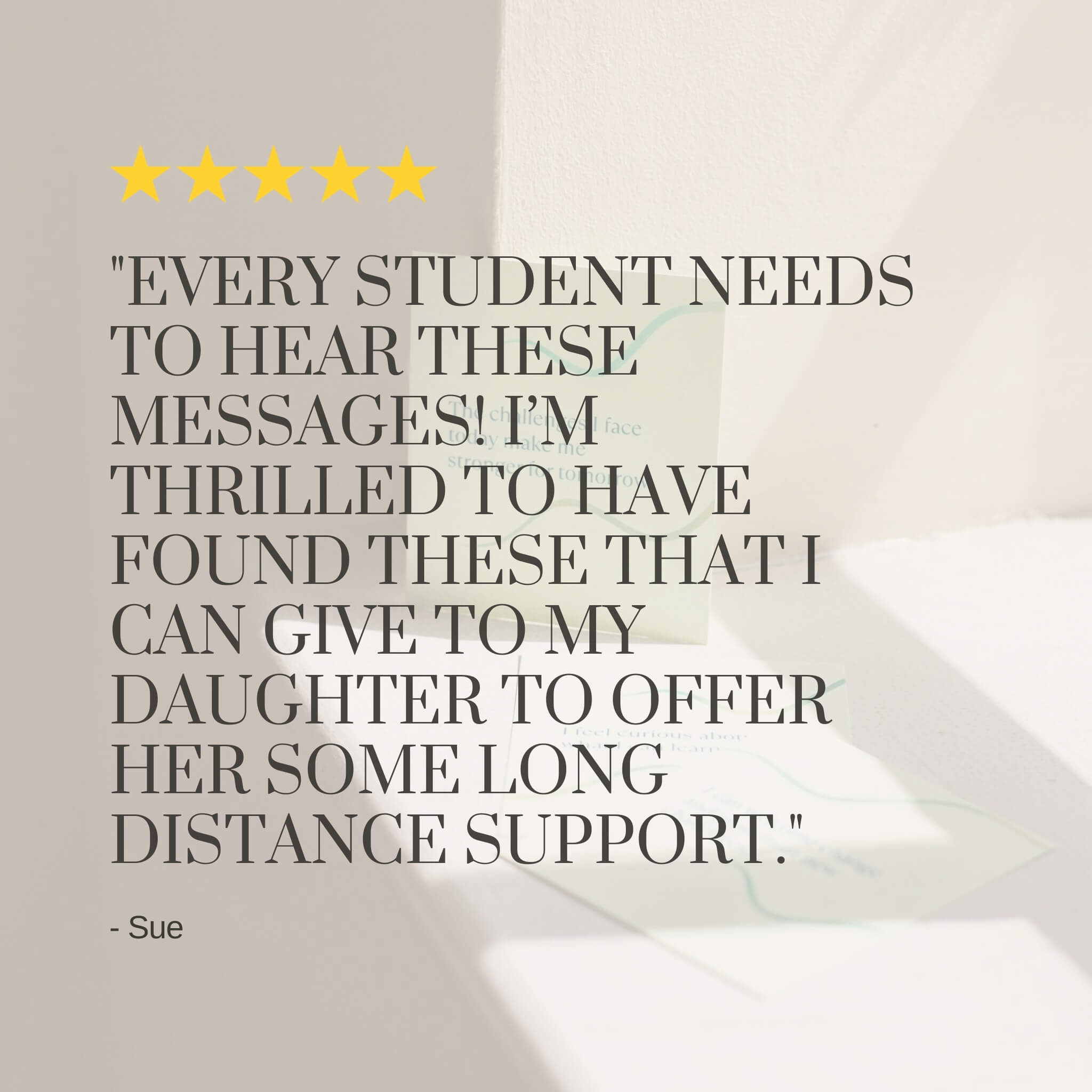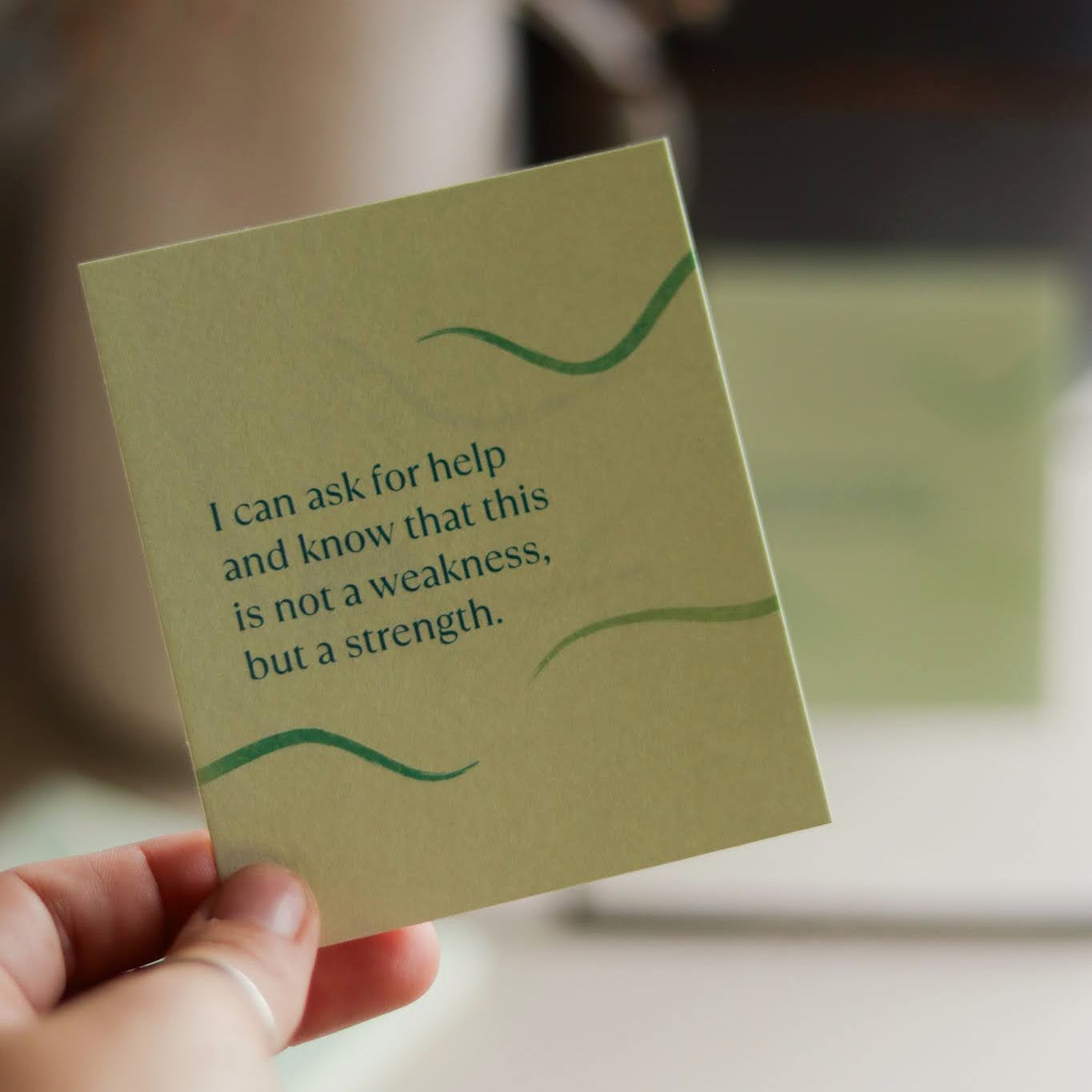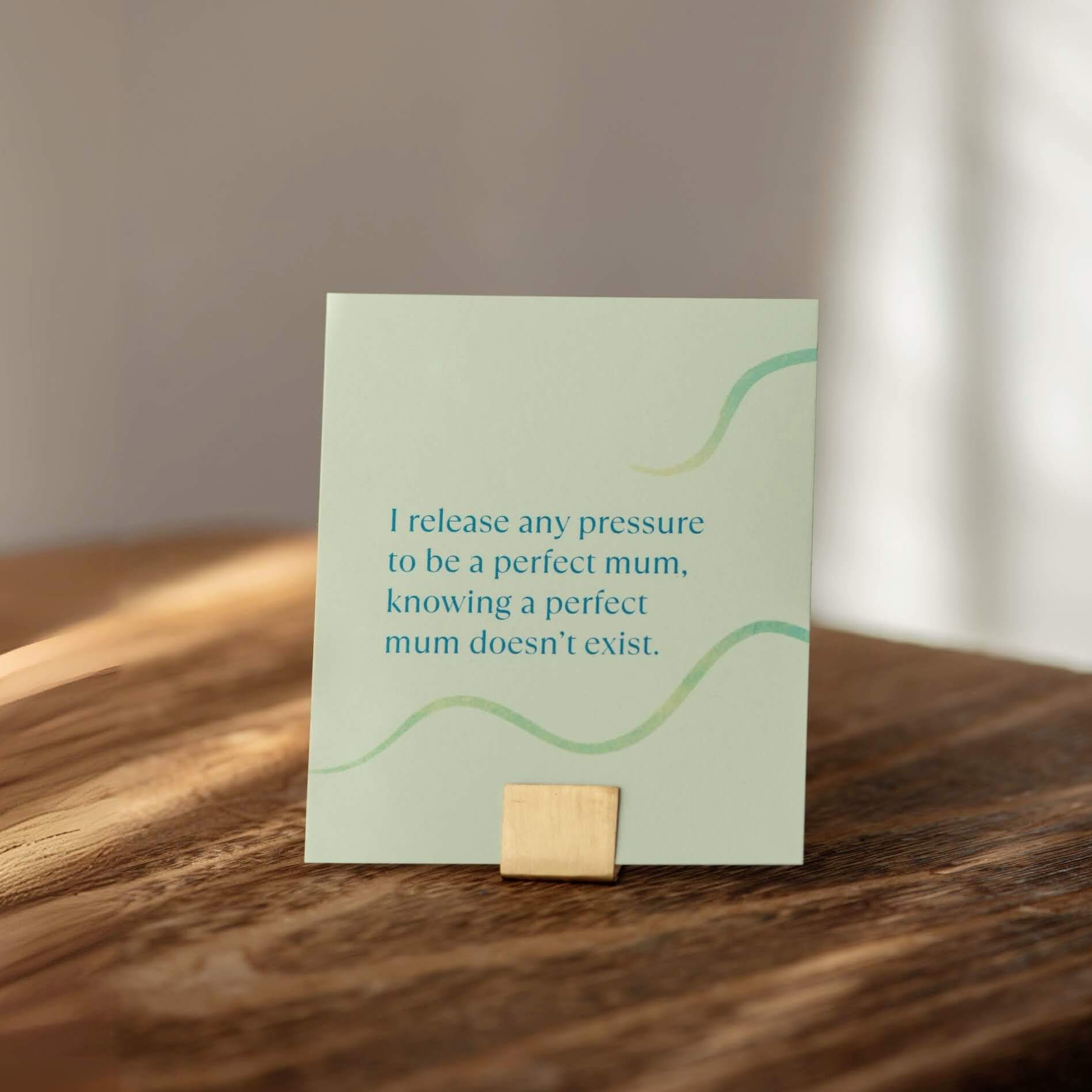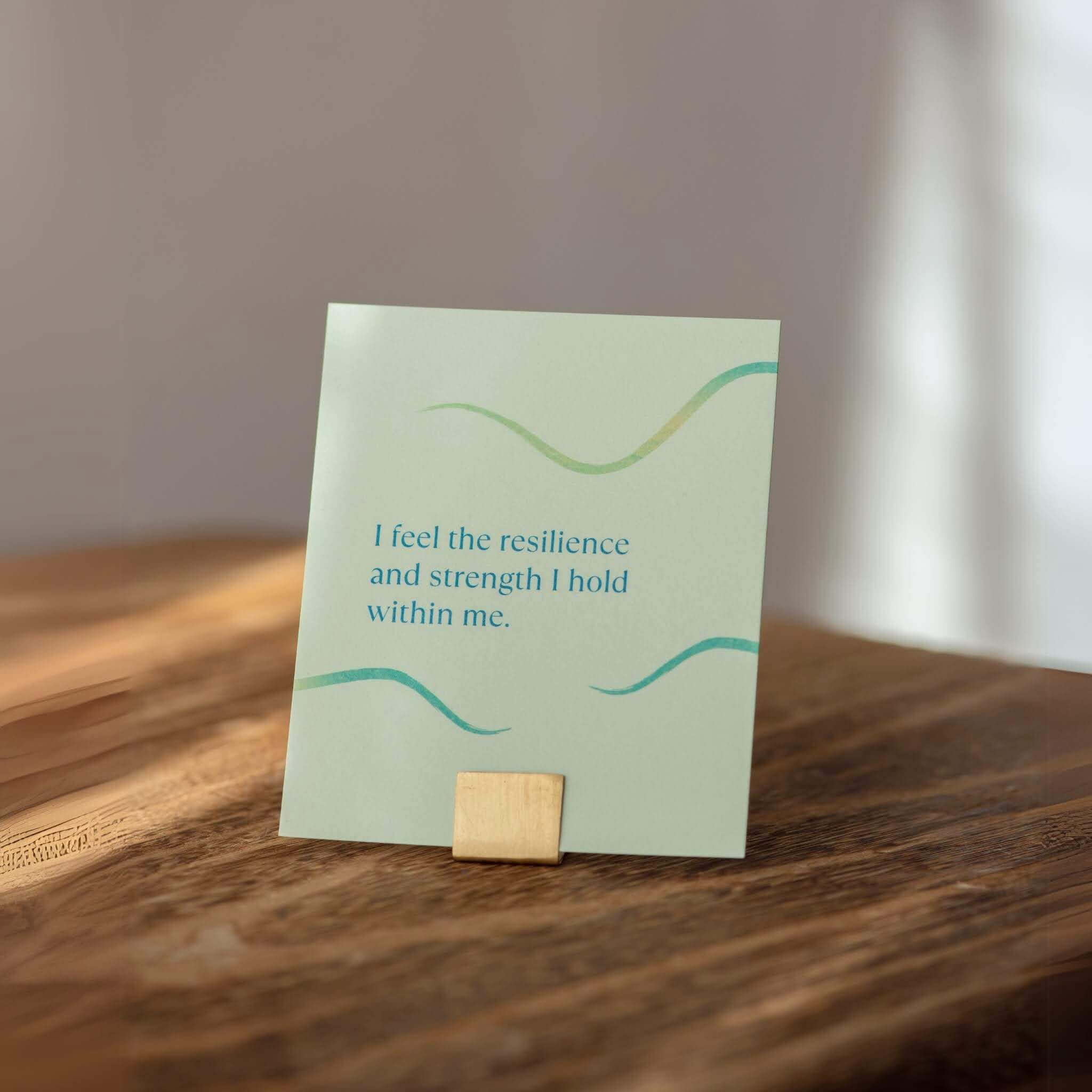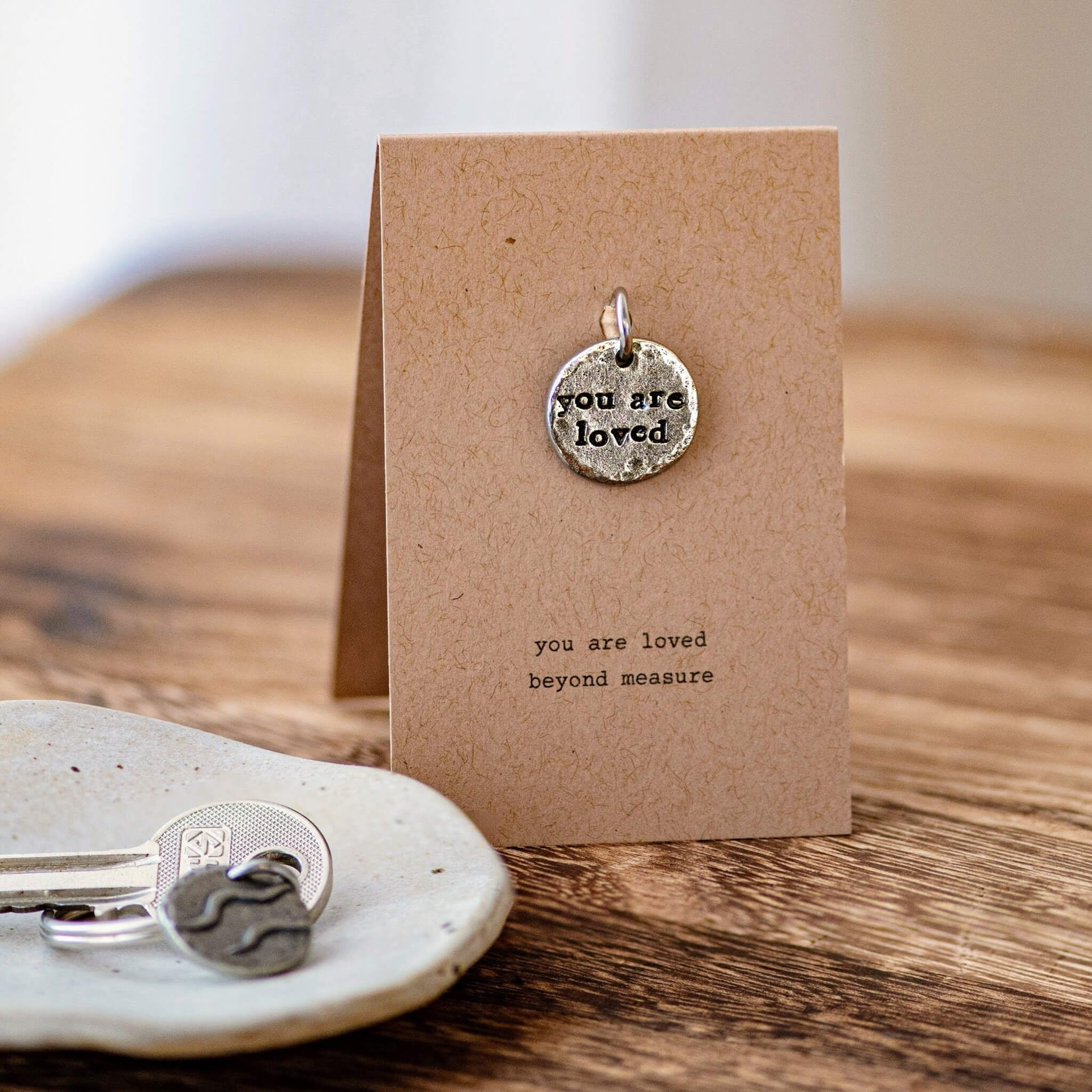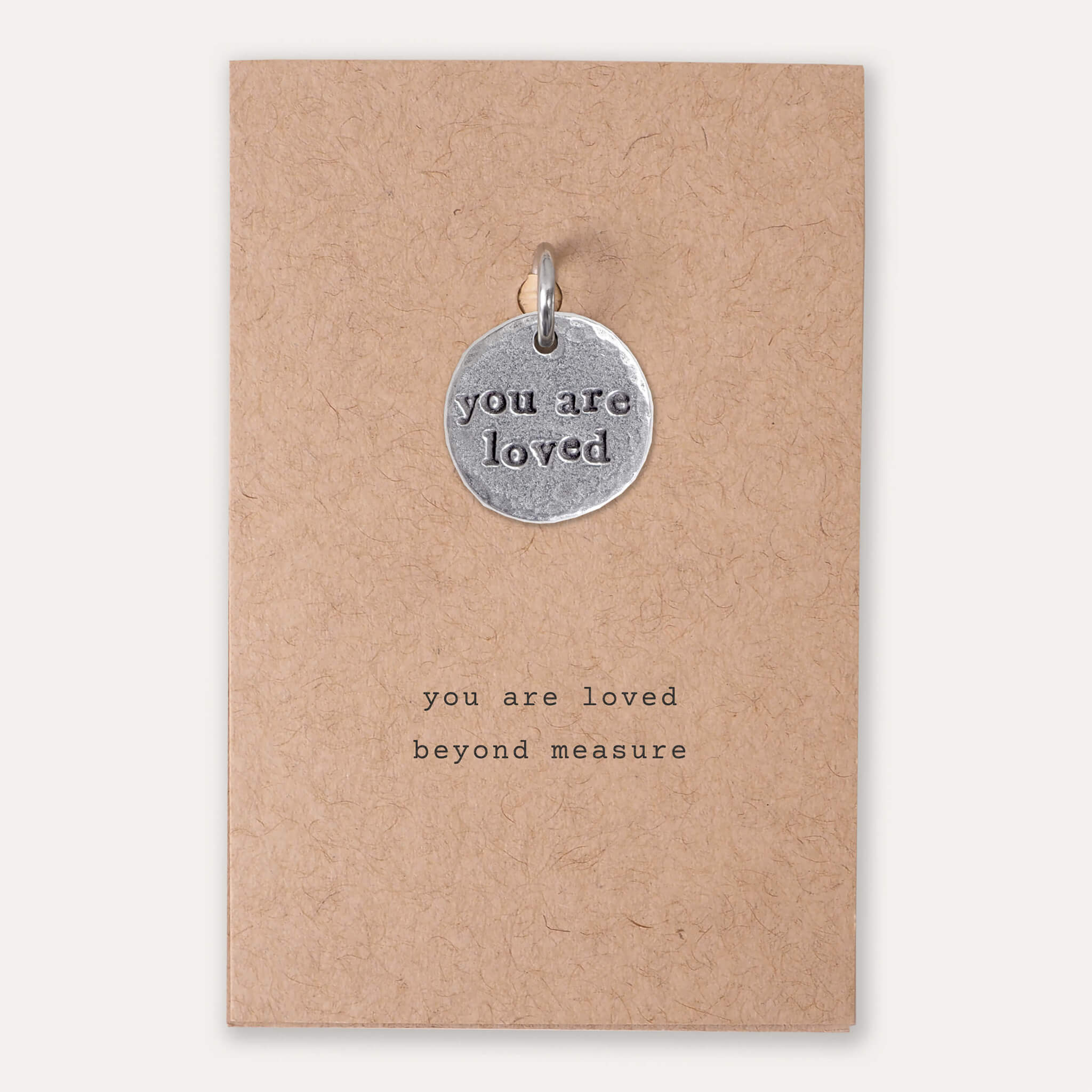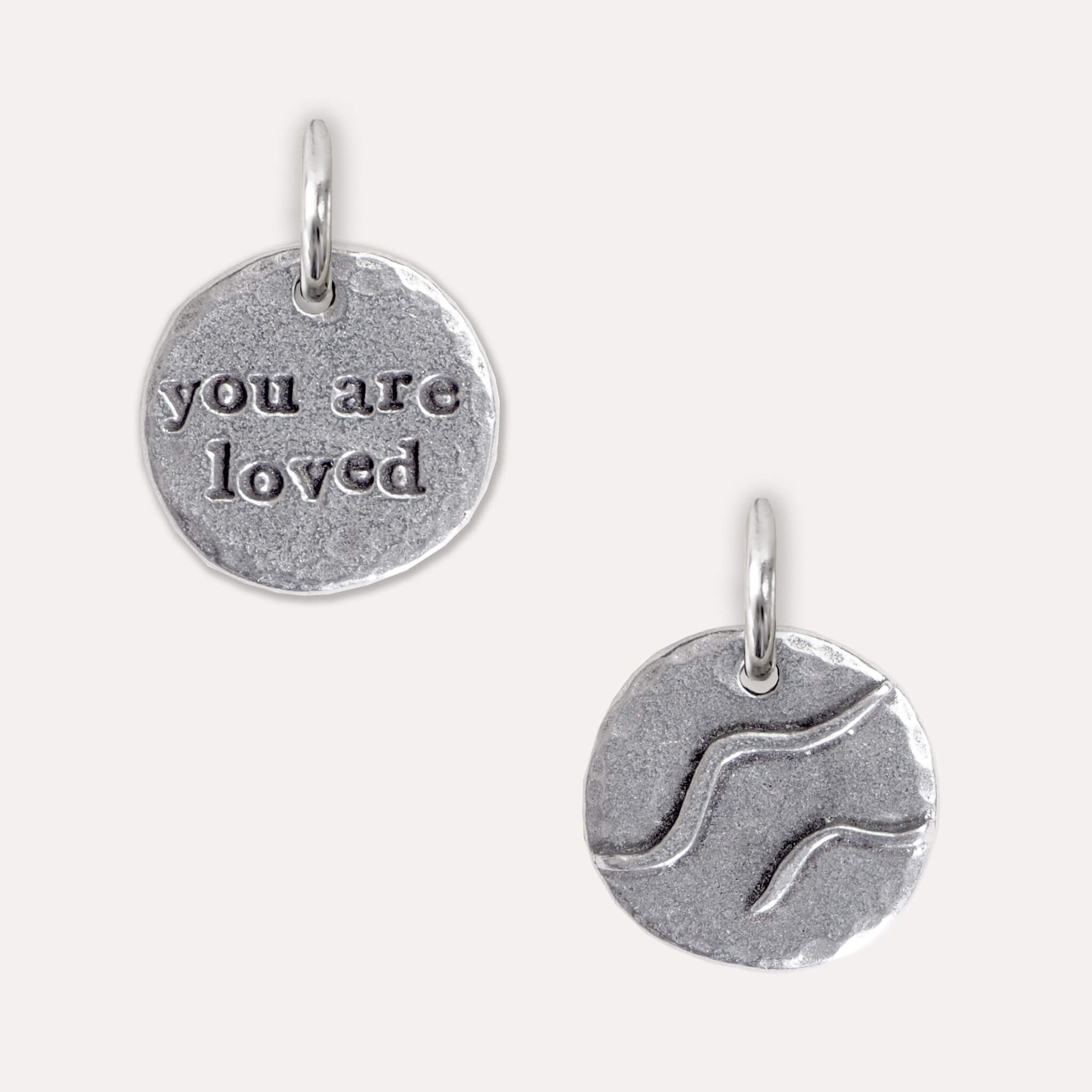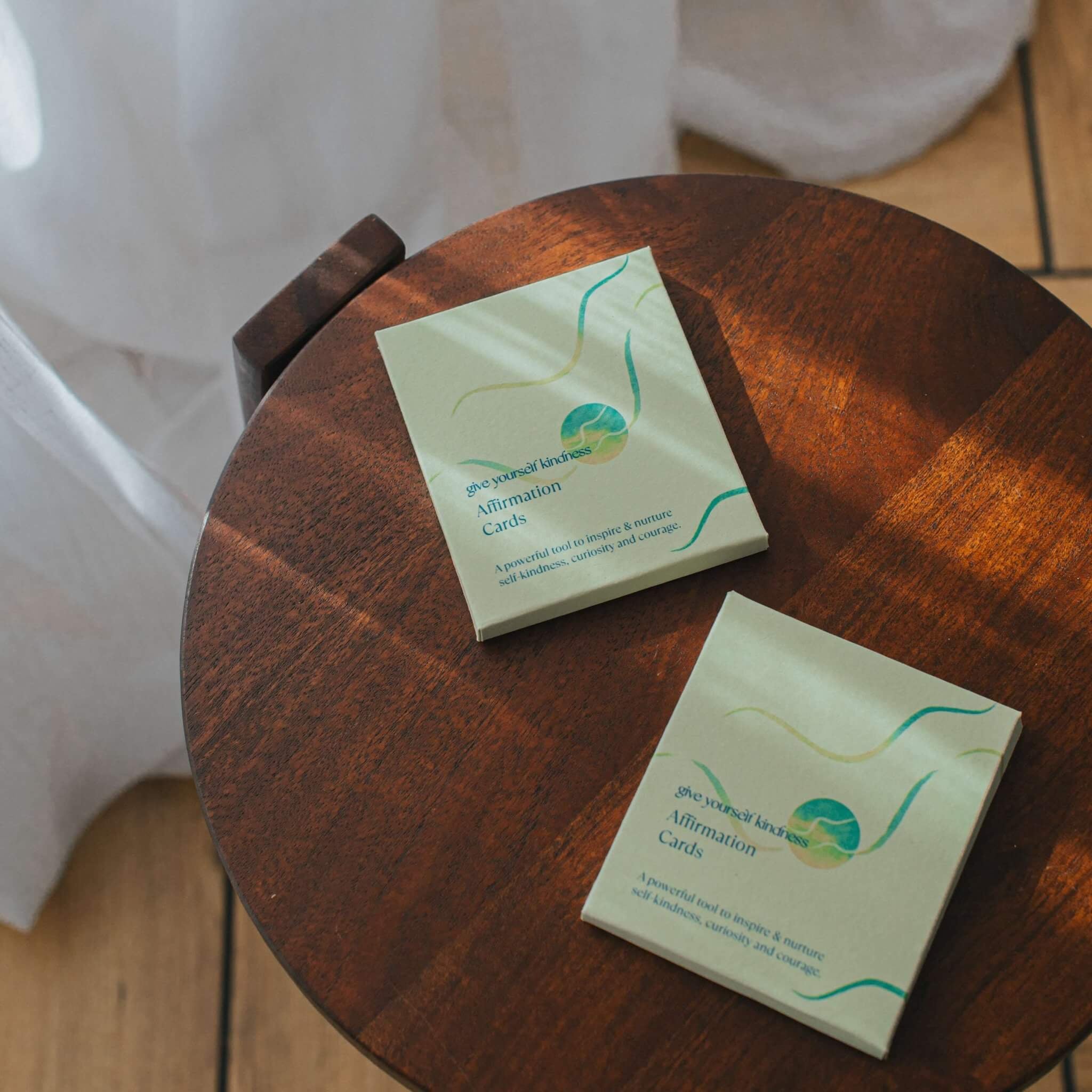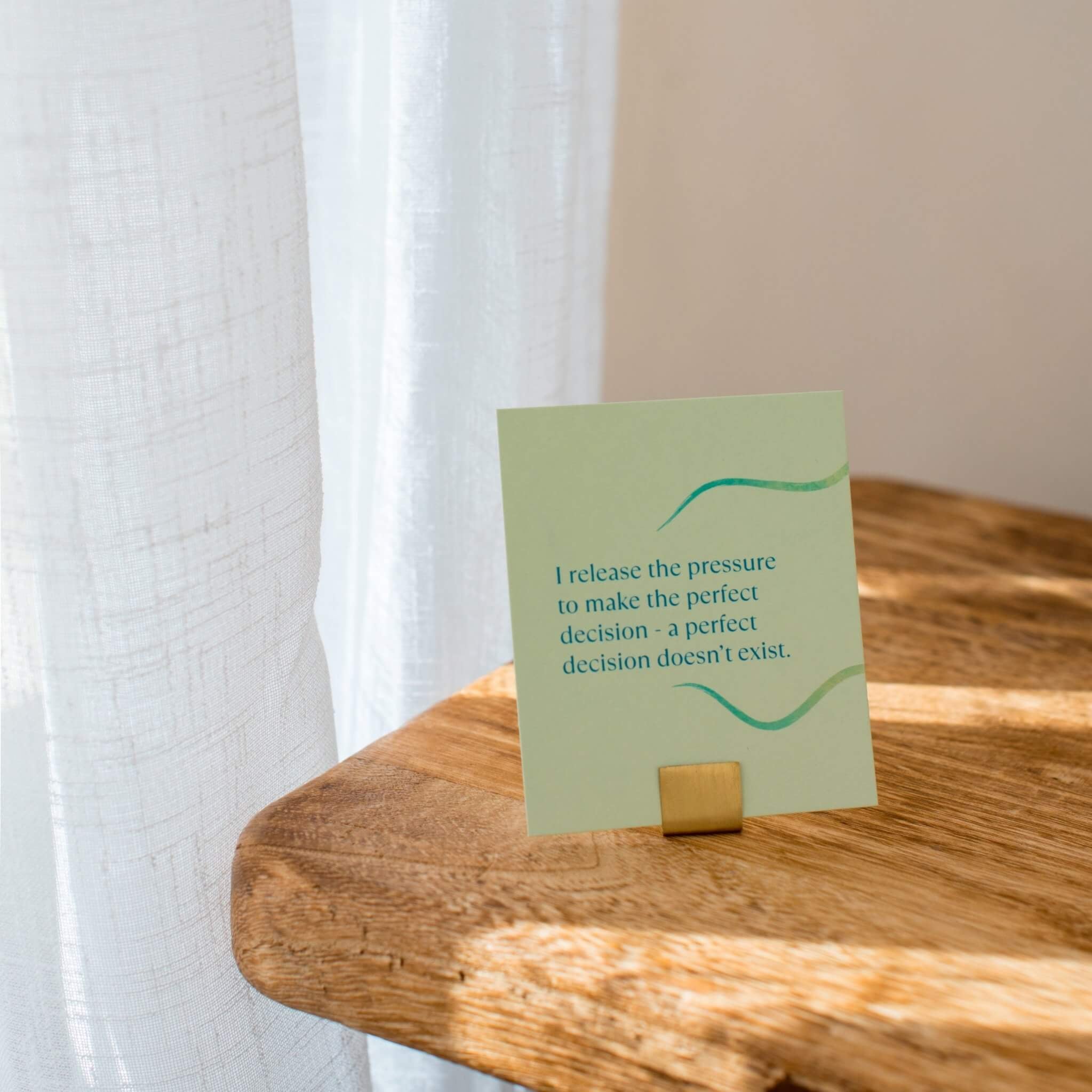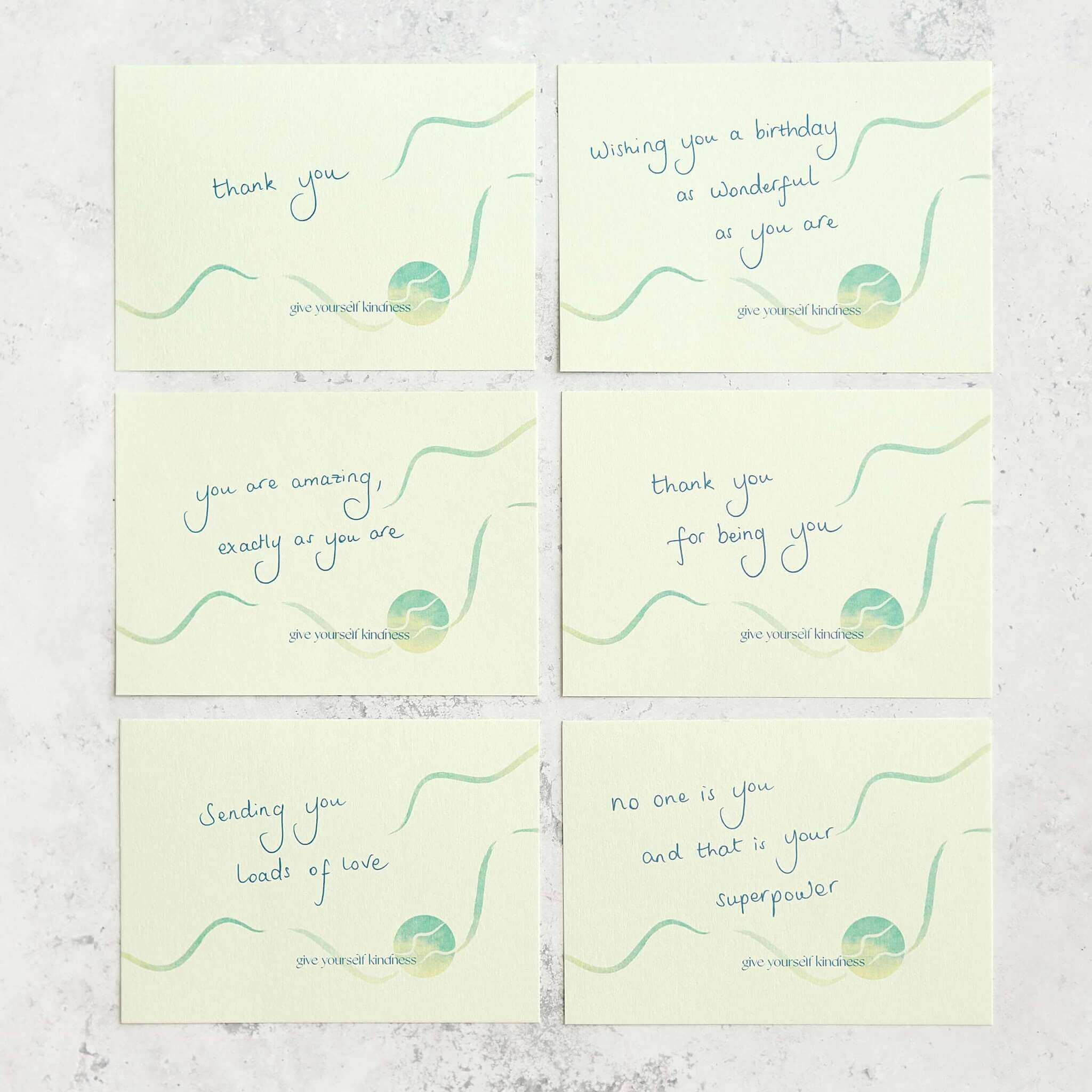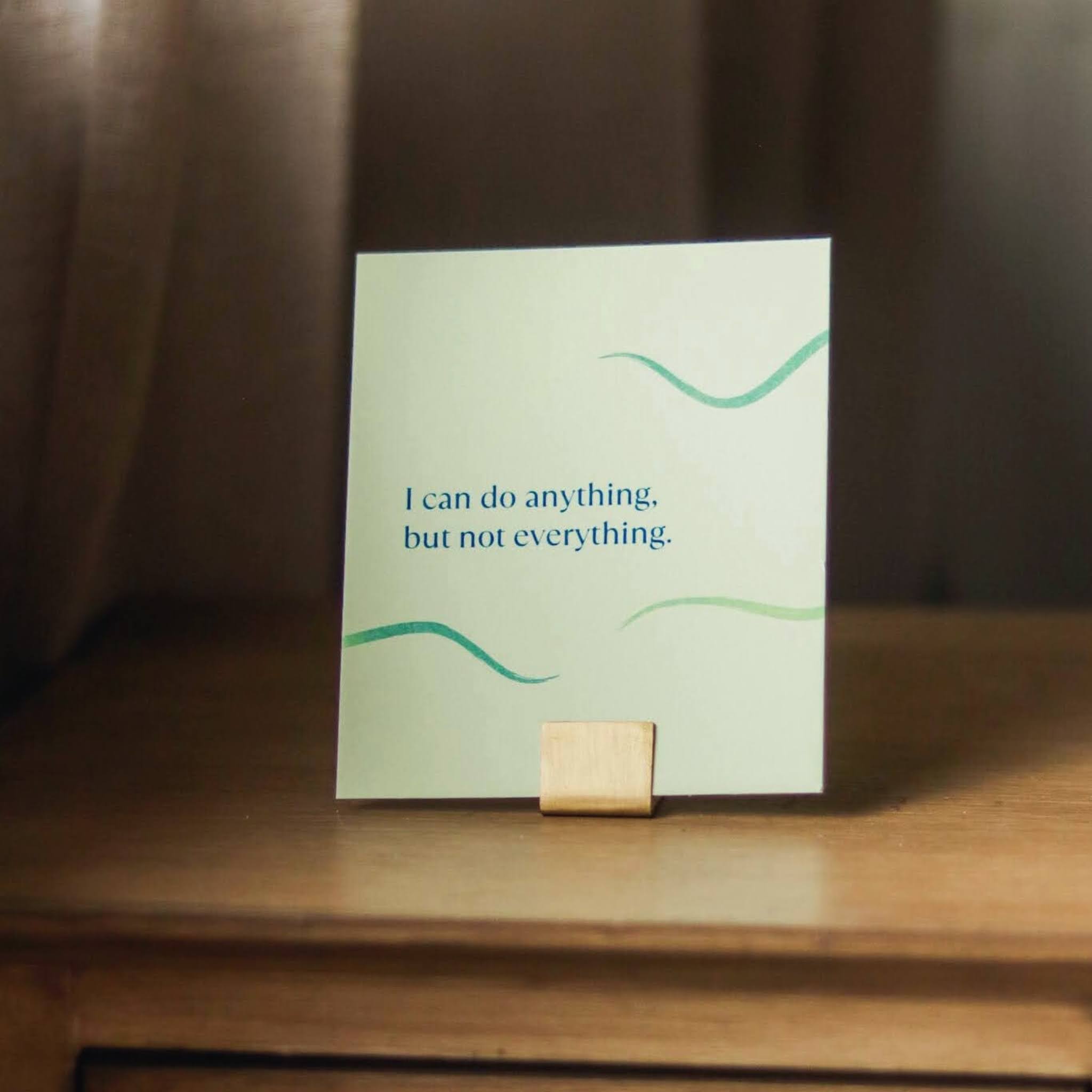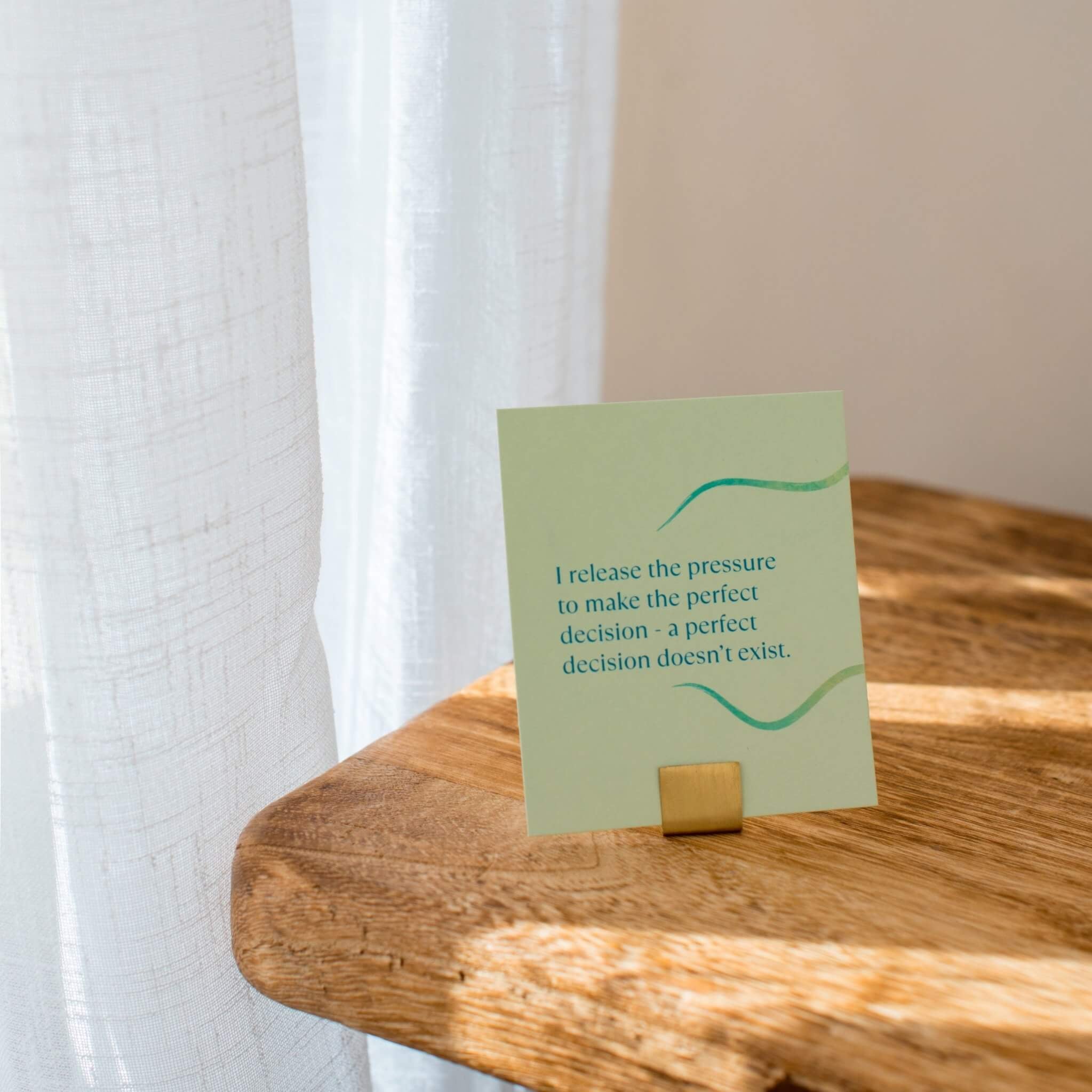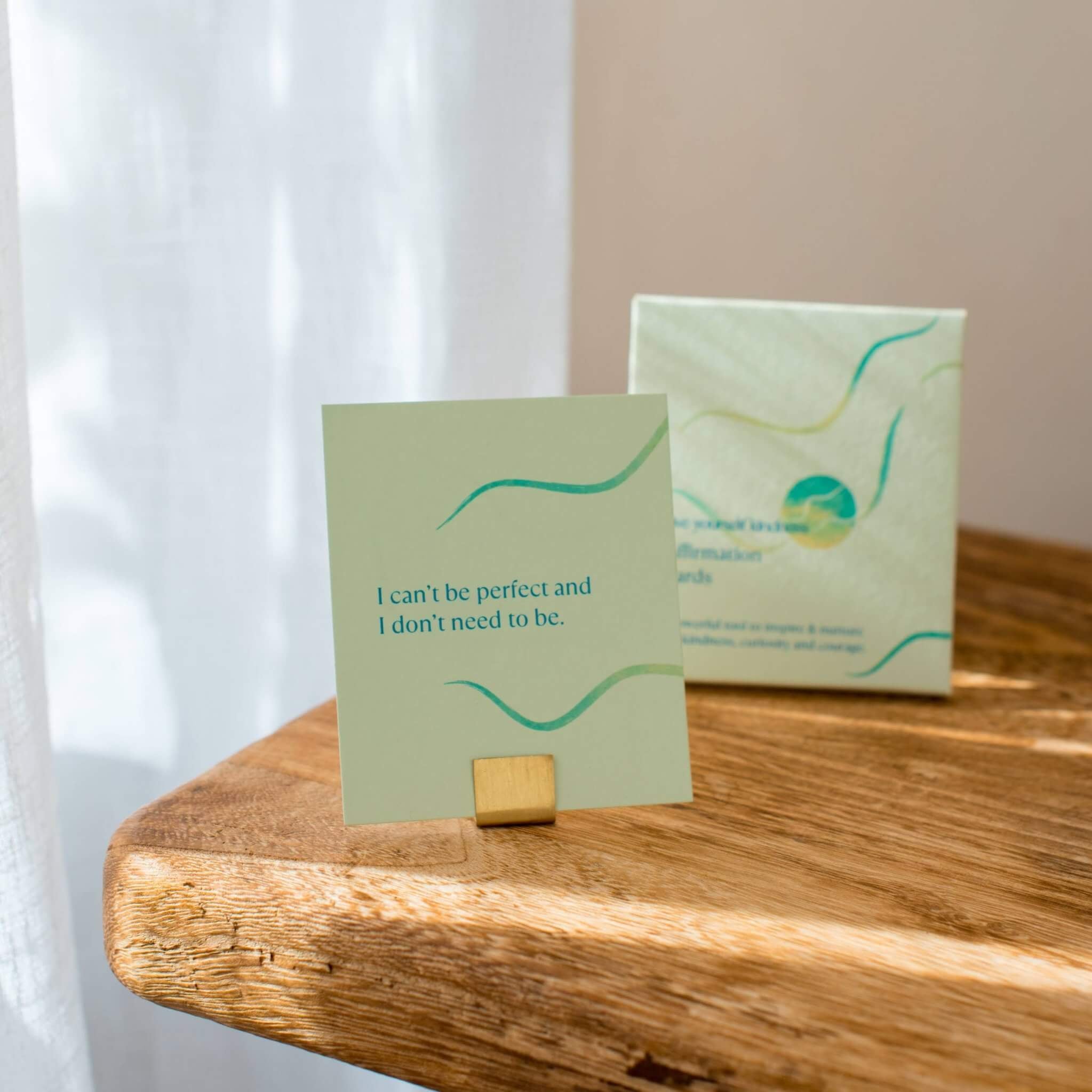written by Kristin Neff, PhD, and Chris Germer, PhD. Kristin Neff, PhD is an Associate Professor of Educational Psychology at The University of Texas at Austin. Chris Germer, PhD is a clinical psychologist and lecturer on psychiatry (part-time) at Harvard Medical School. Together they developed the Mindful Self-Compassion (MSC) program and MSC has since been taught to over 250,000 people worldwide.
Often our reactions to the imperfection of life, including chronic work stress and our limited capacity as humans to deal with it, are driven by fear.
Joan Halifax, a Buddhist meditation teacher and writer, says that when fear is powering our reactions, we typically adopt a hard front (the critical cynic) to hide a weak back (lack of confidence that we can survive). She proposes that we turn this around when things get difficult, aiming instead to cultivate a strong back but a soft front.
'a strong back means we're courageous and firm but also flexible'
Having a strong back means we're courageous and firm but also flexible (trees that fail to bend with the wind snap, and so do humans). This strength provides the safety needed to open to our pain rather than defend ourselves from it.
'a soft front means we use compassion to comfort and care for ourselves because we hurt'
Having a soft front means we use compassion to comfort and care for ourselves because we hurt.
Facing chronic stress with compassion allows us to stand our ground as the winds swirl around us while keeping our hearts open.
'Politely and respectfully, she refused.'
An incredible example of someone with a soft front and strong back was Rosa Parks, a Black woman living in the 1950s in racially segregated Montgomery, Alabama.
She was asked to give up her seat in the "colored" section of the bus to a White passenger because the "White" section was filled. Politely and respectfully, she refused. She was tired of her people being mistreated, so she sat with her head held high and didn't budge. Her profound act of courage and compassion helped spark the civil rights movement and end legal segregation in the United States.
We can adopt a similar stance toward the unrelenting emotional assault of our work lives. Instead of letting it eject us from our seat, we can decide not to budge and to face it head on. If we can hold ourselves with strength and love as we let ourselves feel what we're feeling, we don't become so overwhelmed.
'not dissimilar to holding a tantrumming two-year-old with firmness and tenderness at the same time'
It's not dissimilar to holding a tantrumming two-year-old with firmness and tenderness at the same time, letting them know we love them and that they have our support as they cry it out. Eventually the child will start to calm down. We can use the same approach to the emotions related to burnout.
This is an excerpt from Mindful Self-Compassion for Burnout: Tools to Help You Heal and Recharge When You’re Wrung Out by Stress by Kristin Neff, PhD, and Chris Germer, PhD (Guilford Press) approved exclusively to be shared on Give Yourself Kindness.

Chris Germer, PhD is a clinical psychologist and lecturer on psychiatry (part-time) at Harvard Medical School. He co-developed the Mindful Self-Compassion (MSC) program with Kristin Neff in 2010 and MSC has since been taught to over 250,000 people worldwide. They co-authored two books on MSC, The Mindful Self-Compassion Workbook and Teaching the Mindful Self-Compassion Program.
Chris spends most of his time lecturing and leading workshops around the world on mindfulness and self-compassion. He is also the author of The Mindful Path to Self-Compassion; he co-edited two influential volumes on therapy, Mindfulness and Psychotherapy, and Wisdom and Compassion in Psychotherapy; and he maintains a small online practice in Cambridge, Massachusetts, USA.

Kristin Neff, PhD is an Associate Professor of Educational Psychology at The University of Texas at Austin. She developed a theory and created a scale to measure self-compassion more than 20 years ago. Dr. Neff has written numerous academic articles and book chapters on the topic and has been recognized as one of the most influential scholars in the field of psychology. Well over 5000 studies have been conducted on self-compassion by various scholars since her seminal articles were first published in 2003.
In addition to her academic work, Dr. Neff is author of the books Self-Compassion: The Proven Power of Being Kind to Yourself, and Fierce Self-Compassion: How Women can Harness Kindness to Speak Up, Claim Their Power and Thrive.
In conjunction with her colleague Dr. Chris Germer, she developed an empirically supported training program called Mindful Self-Compassion and co-founded the nonprofit Center for Mindful Self-Compassion, which offers self-compassion training in a variety of formats. Drs. Neff and Germer co-authored The Mindful Self-Compassion Workbook , Teaching the Mindful Self-Compassion Program: A Guide for Professionals, and in fall 2024 their latest book was published, Mindful Self-Compassion for Burnout: Tools to Help You Heal and Recharge When You’re Wrung Out by Stress.






